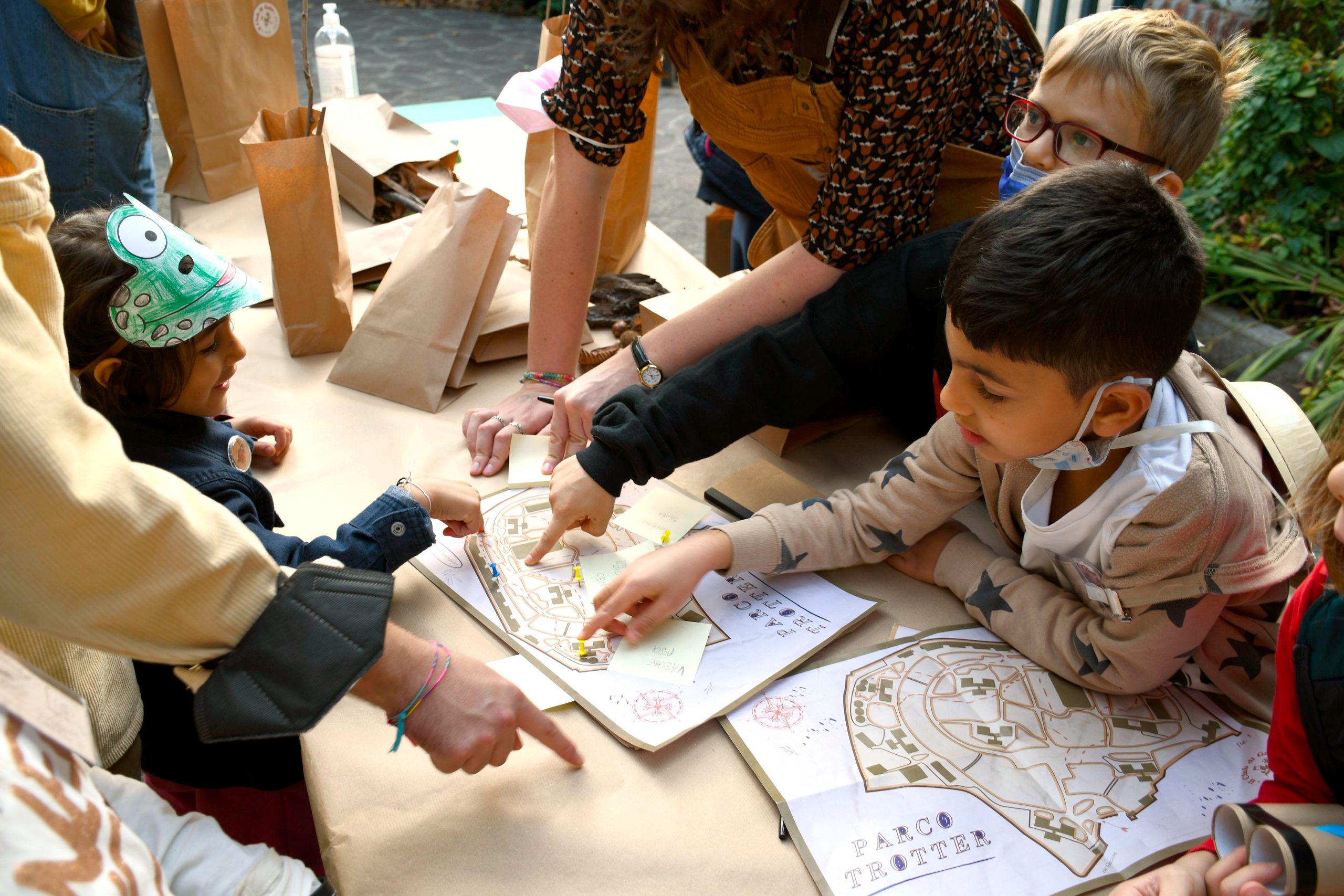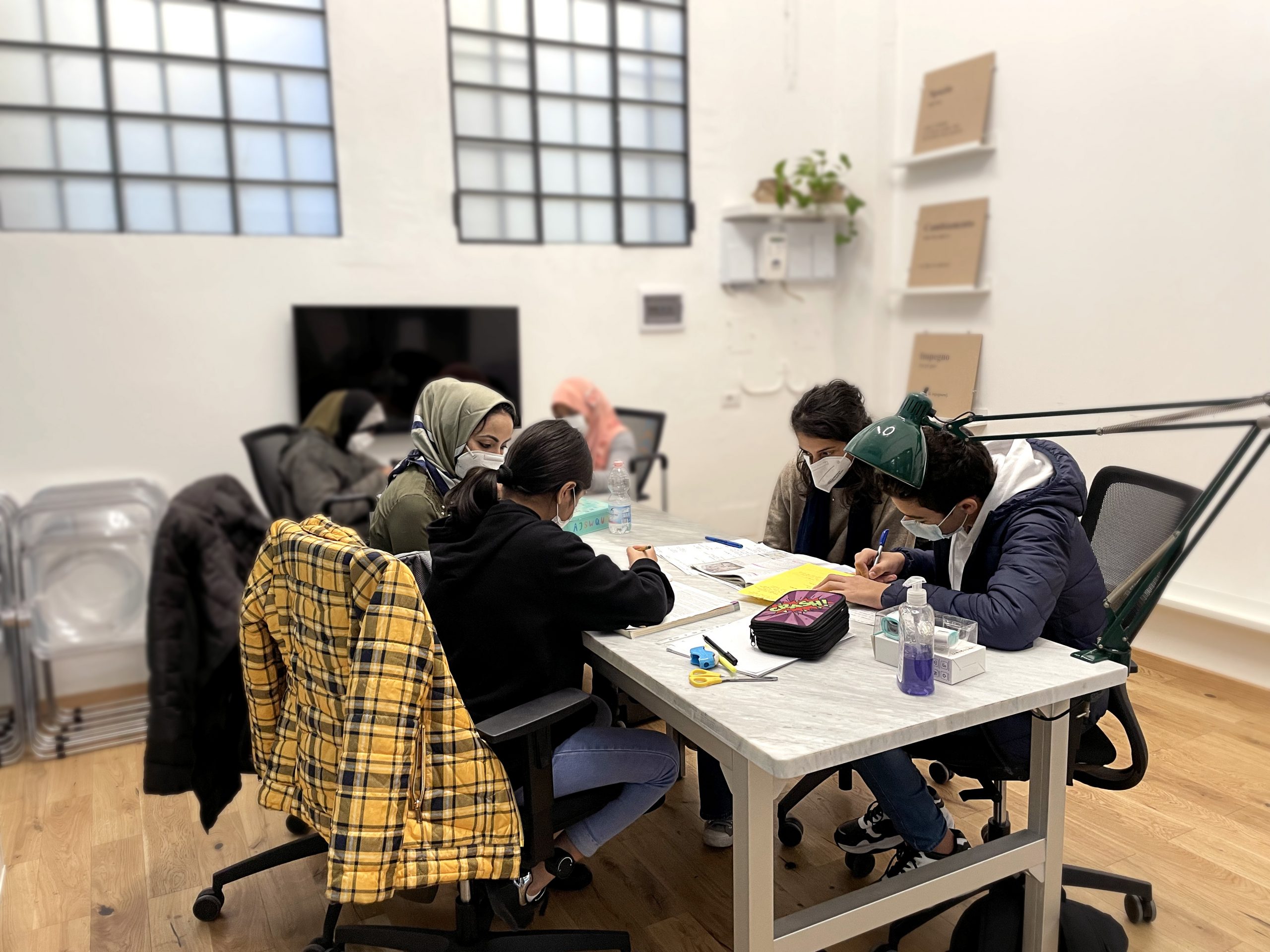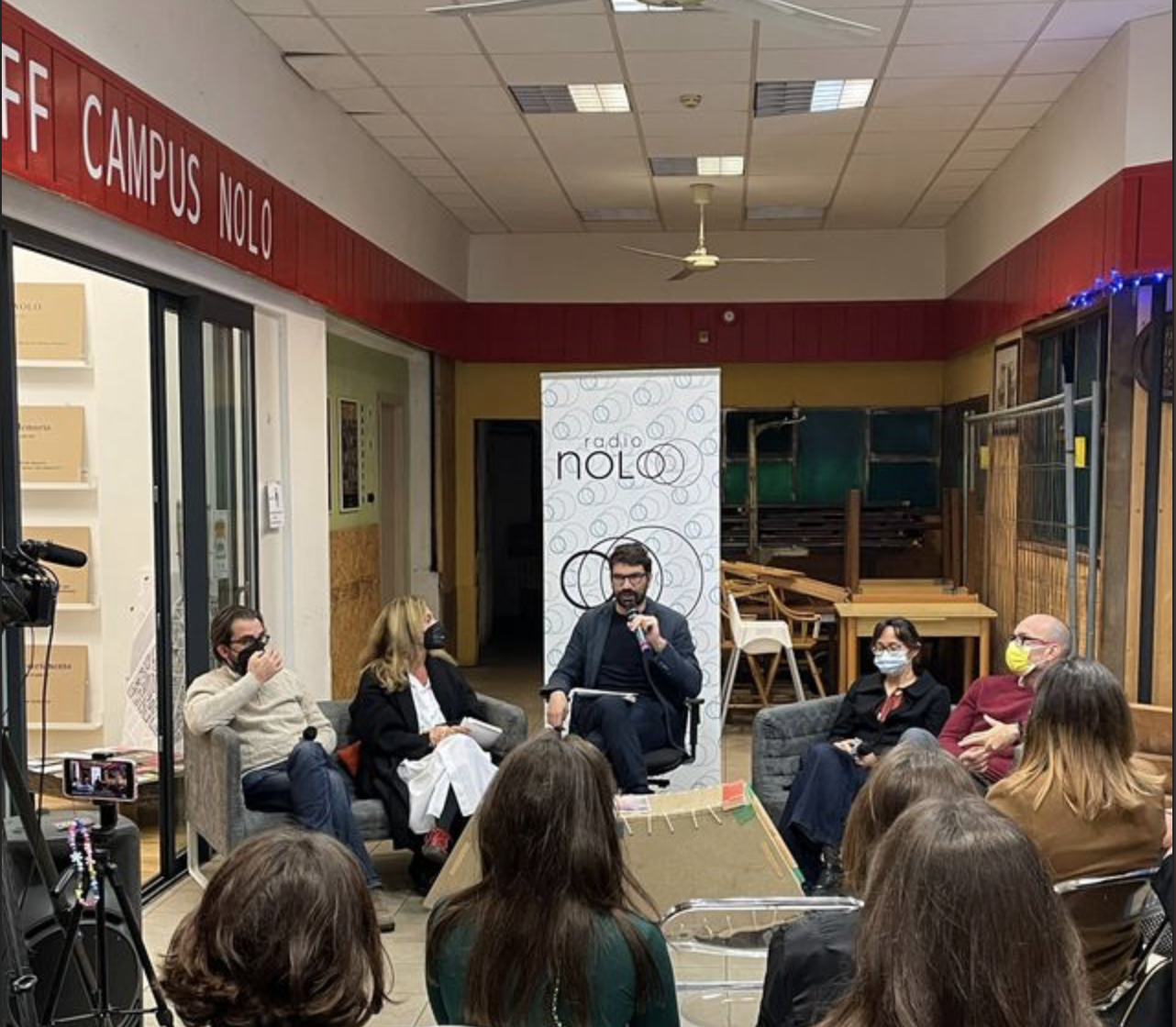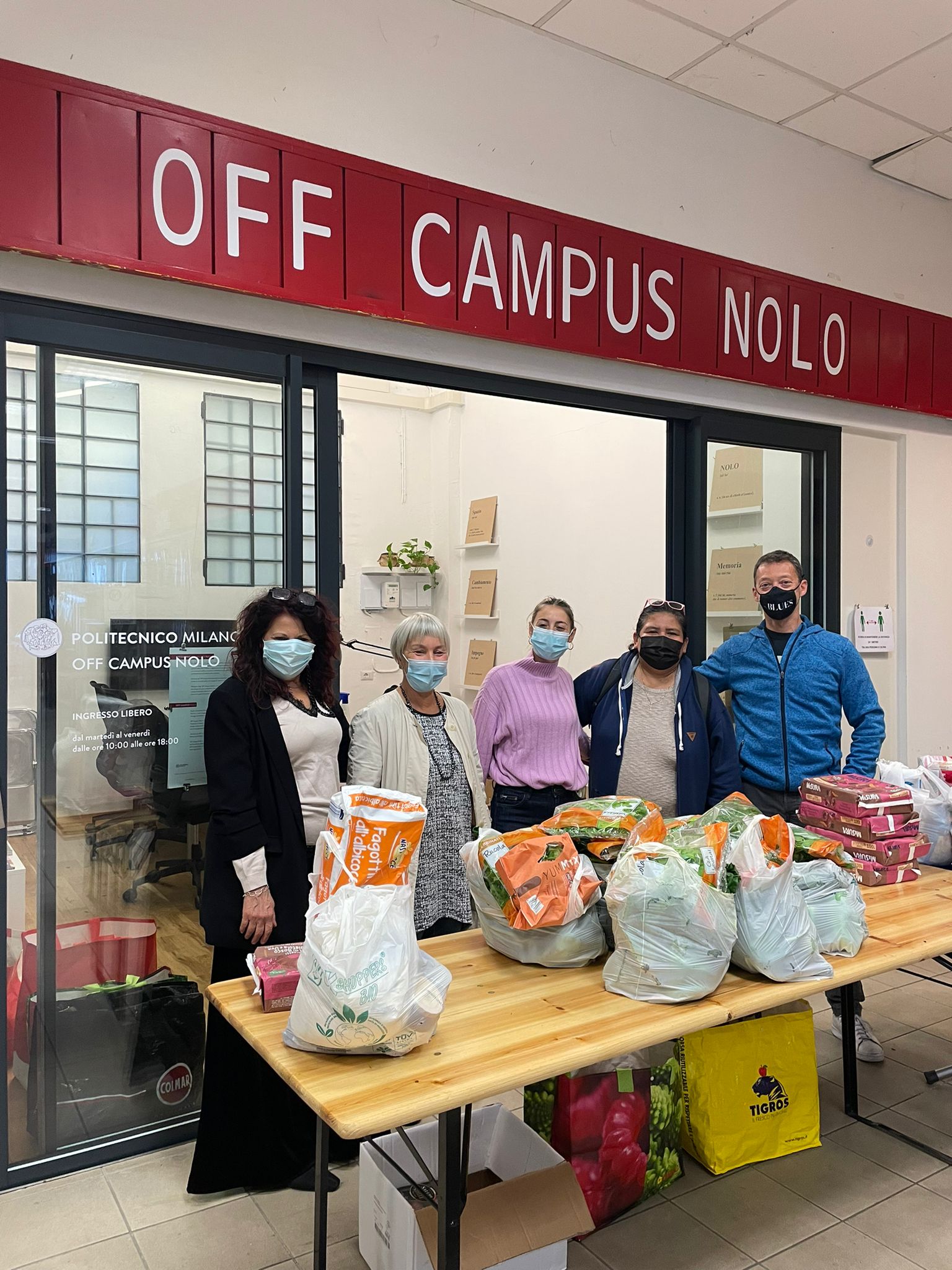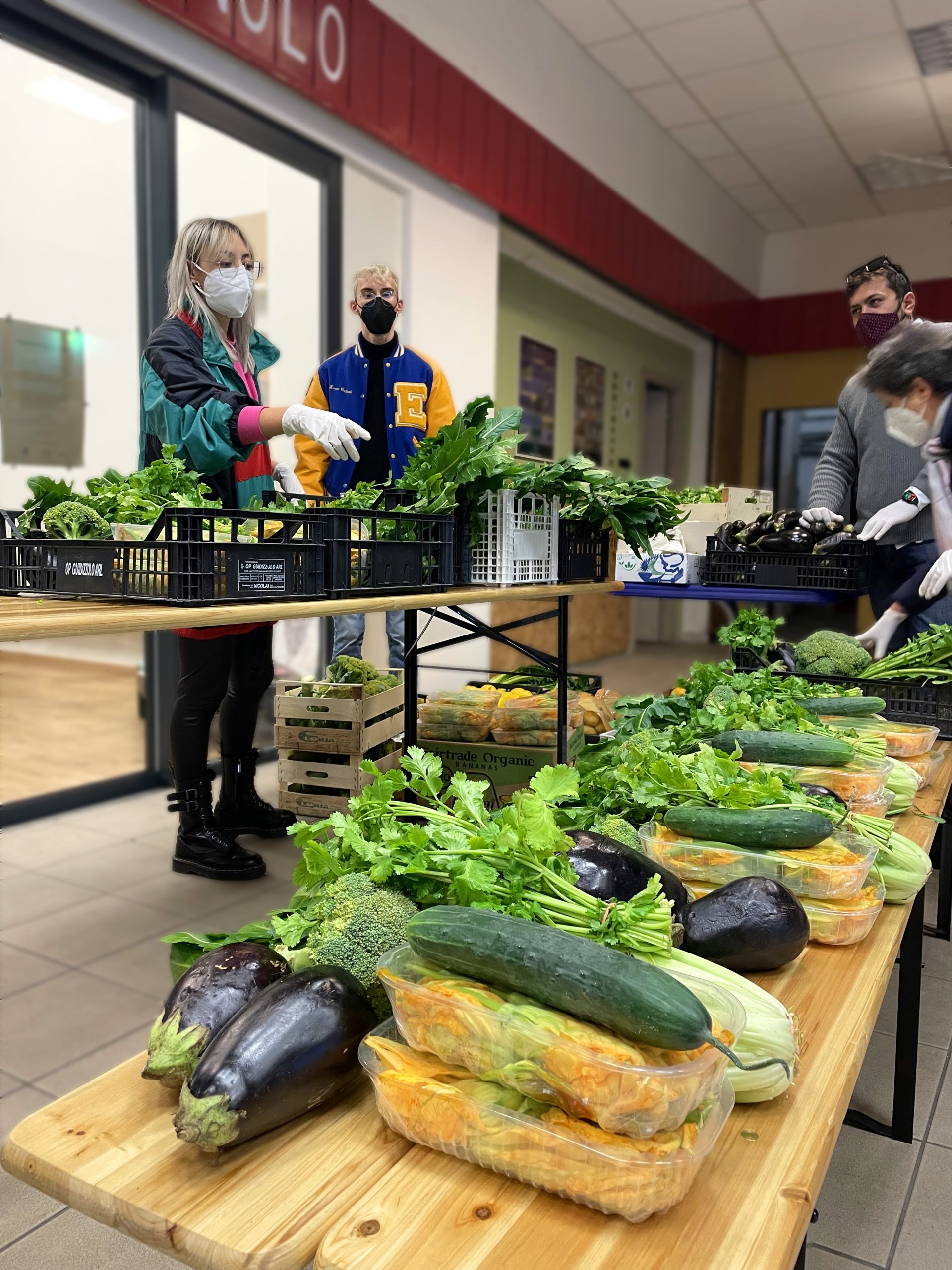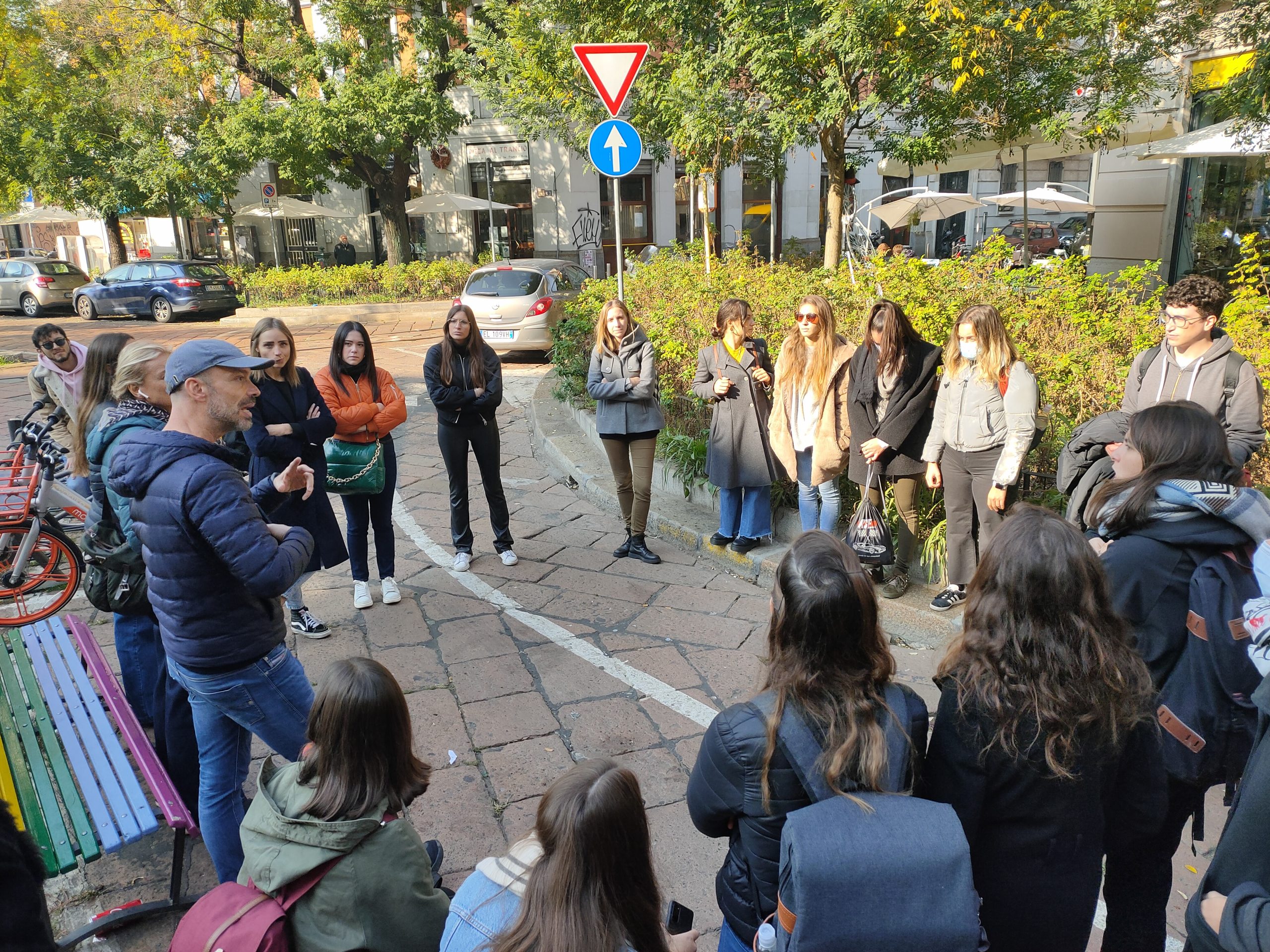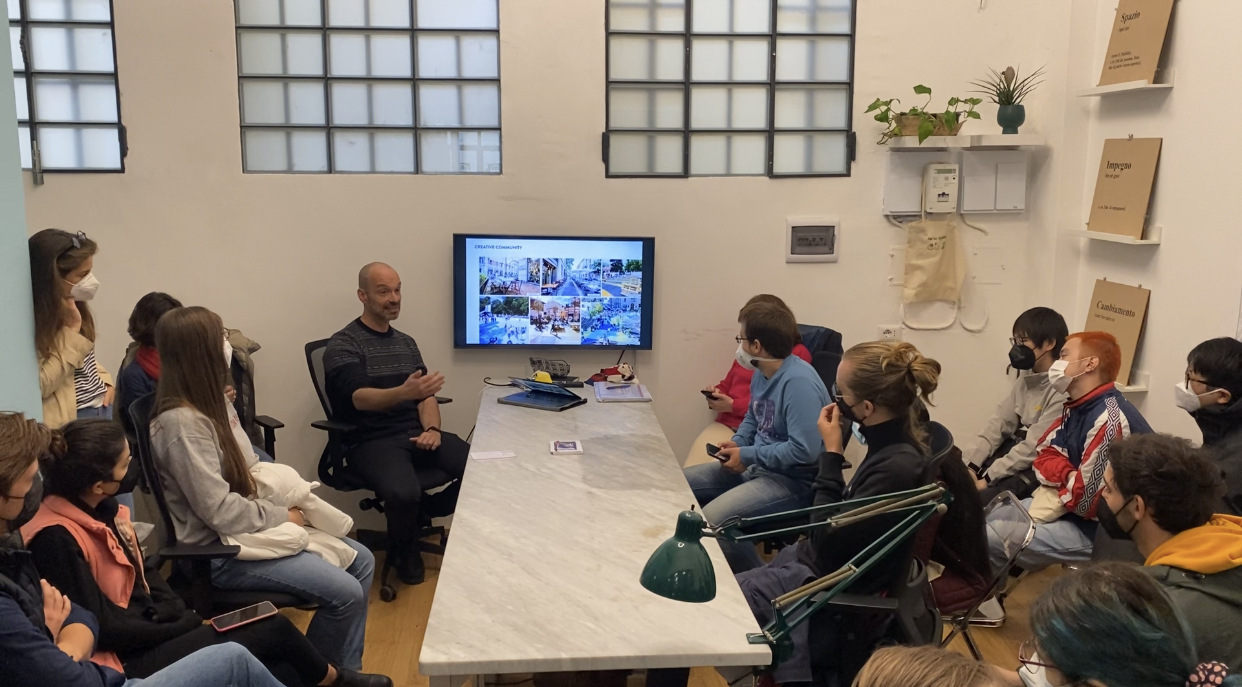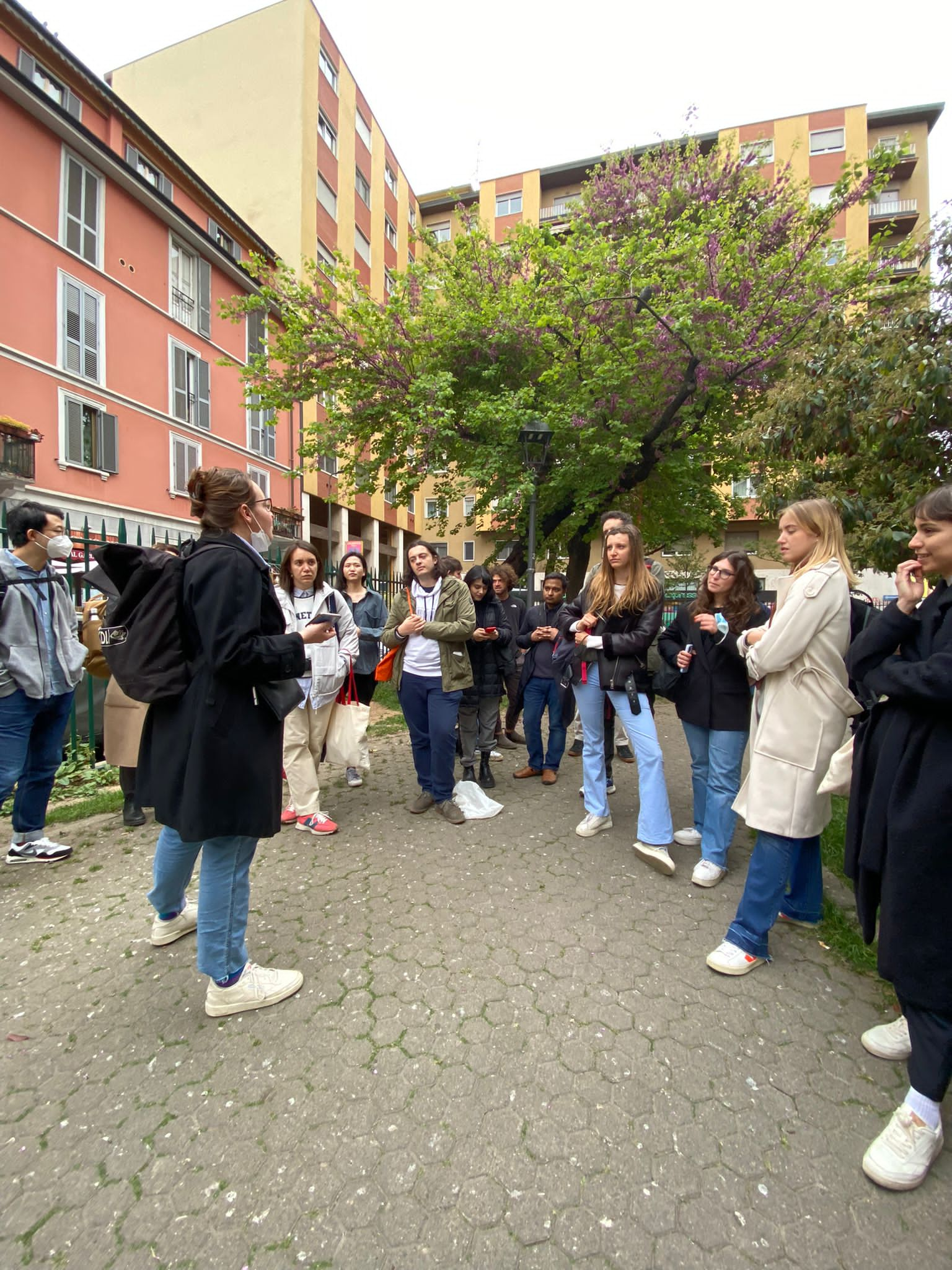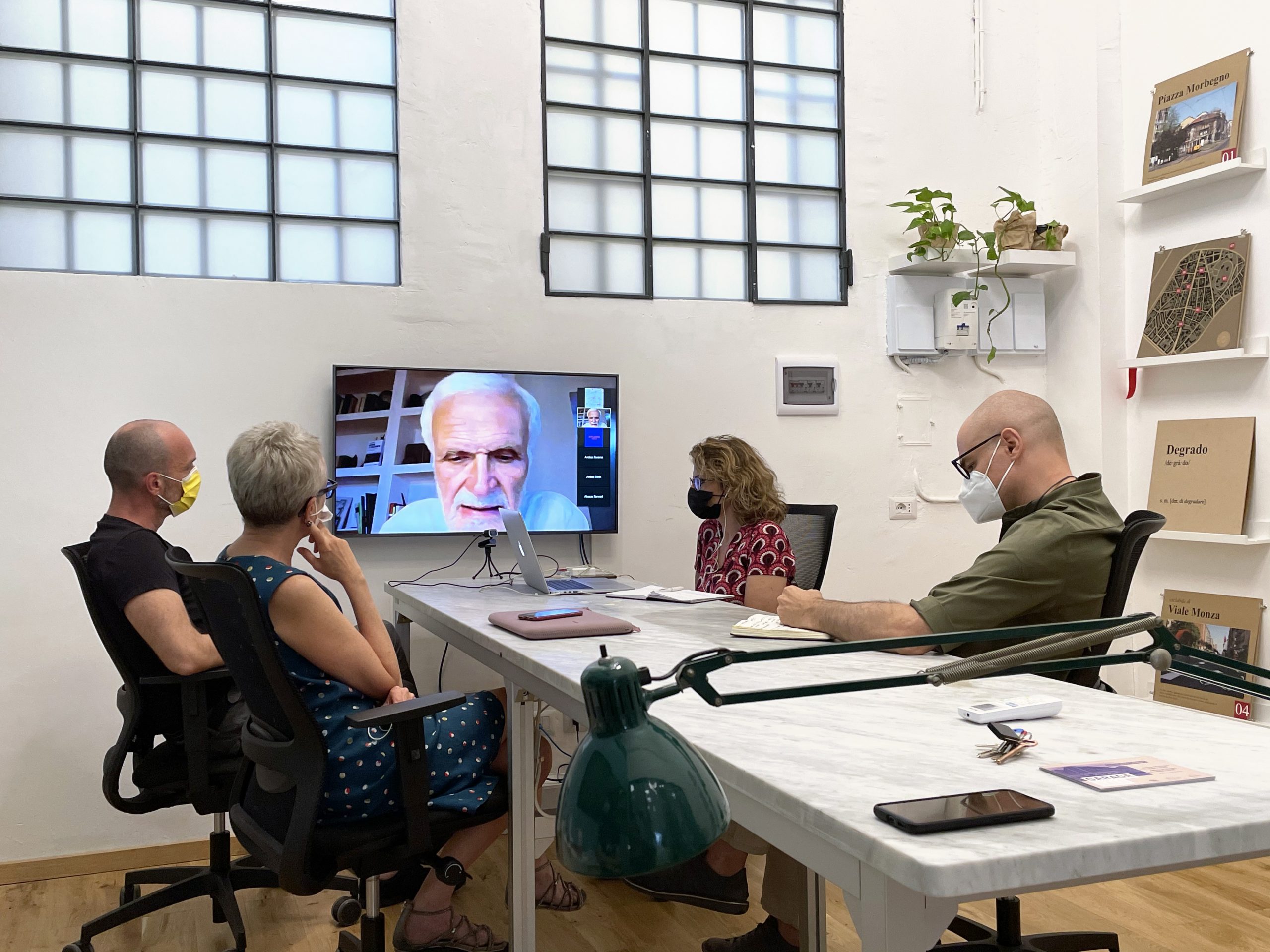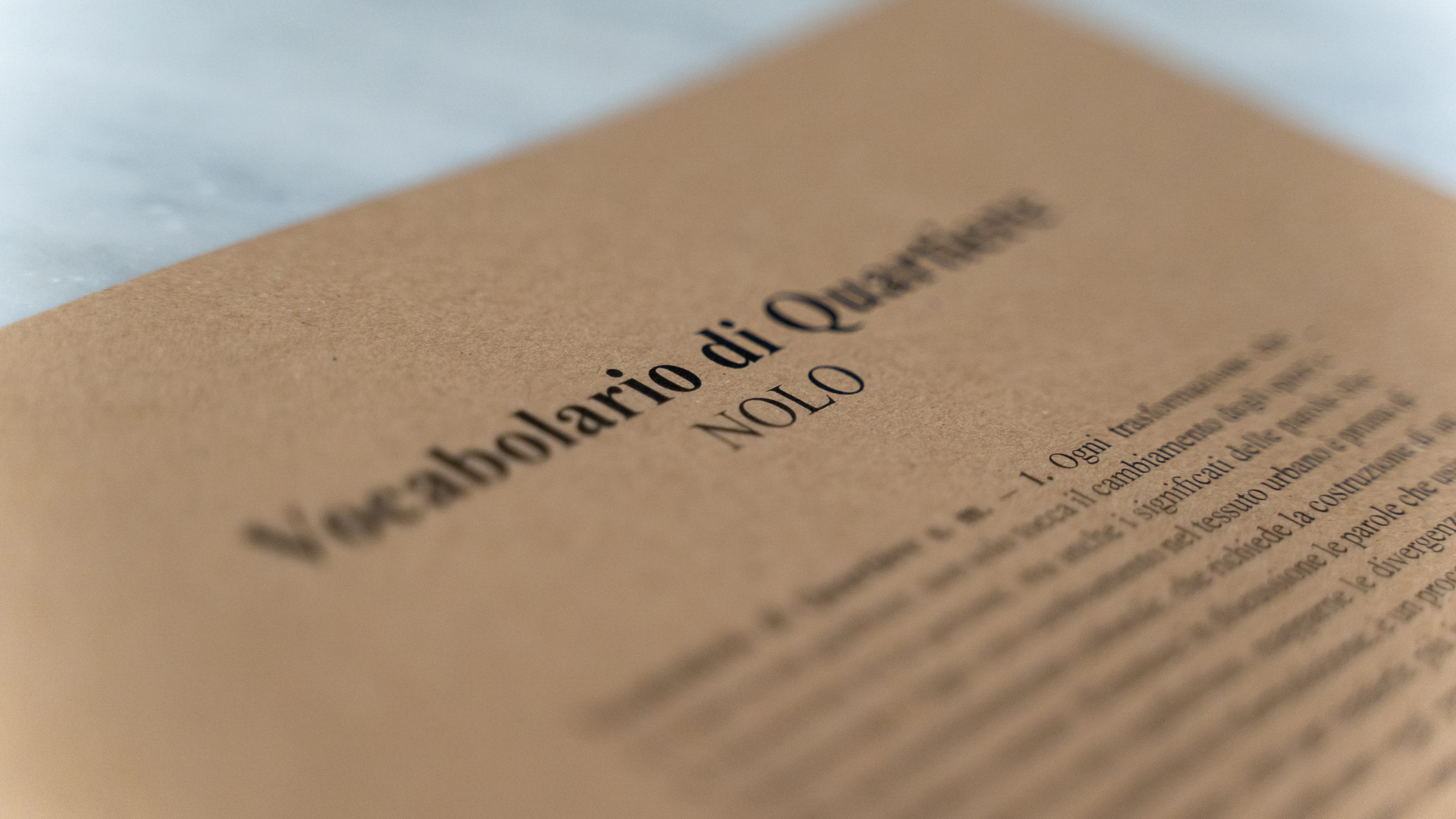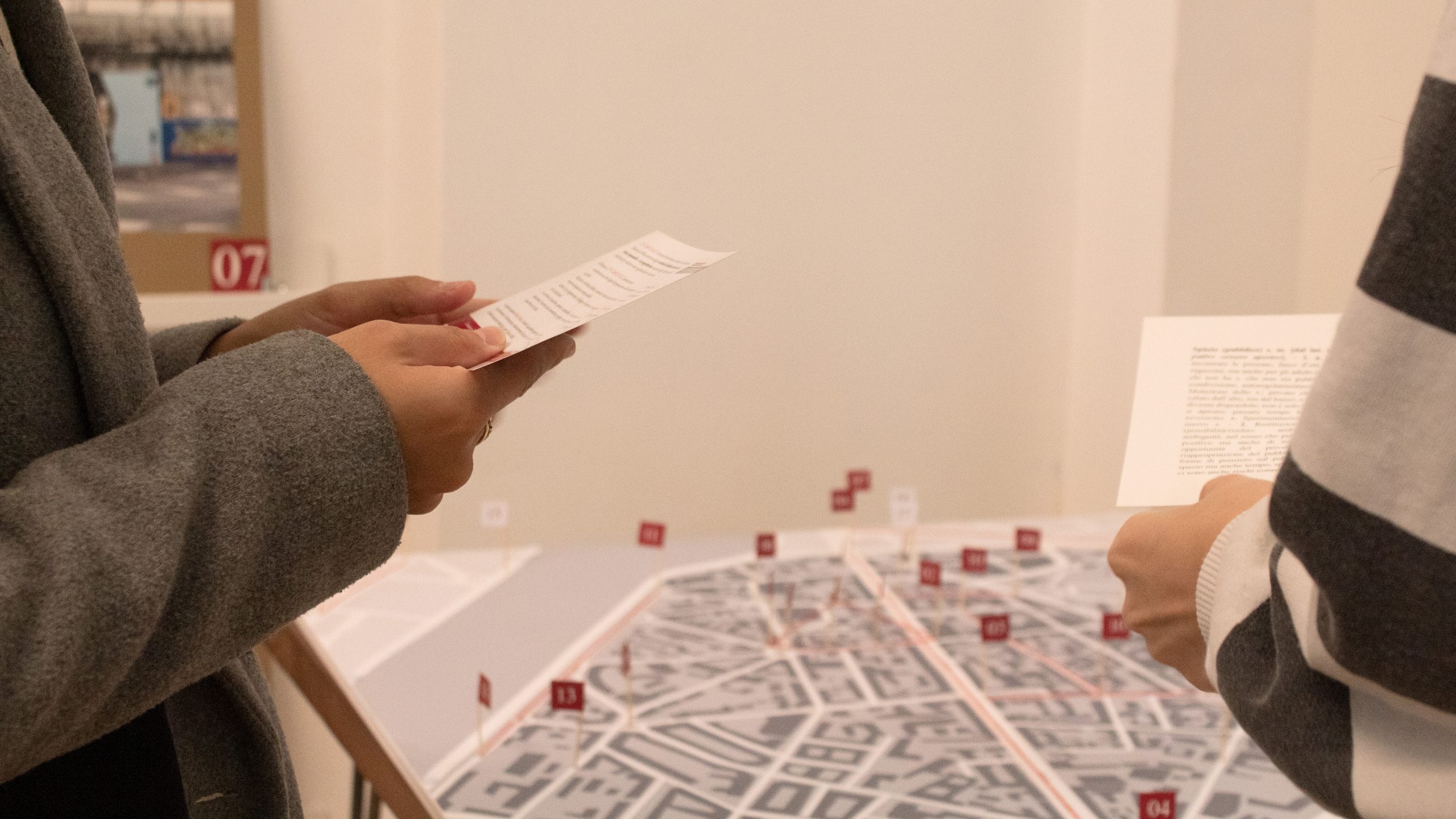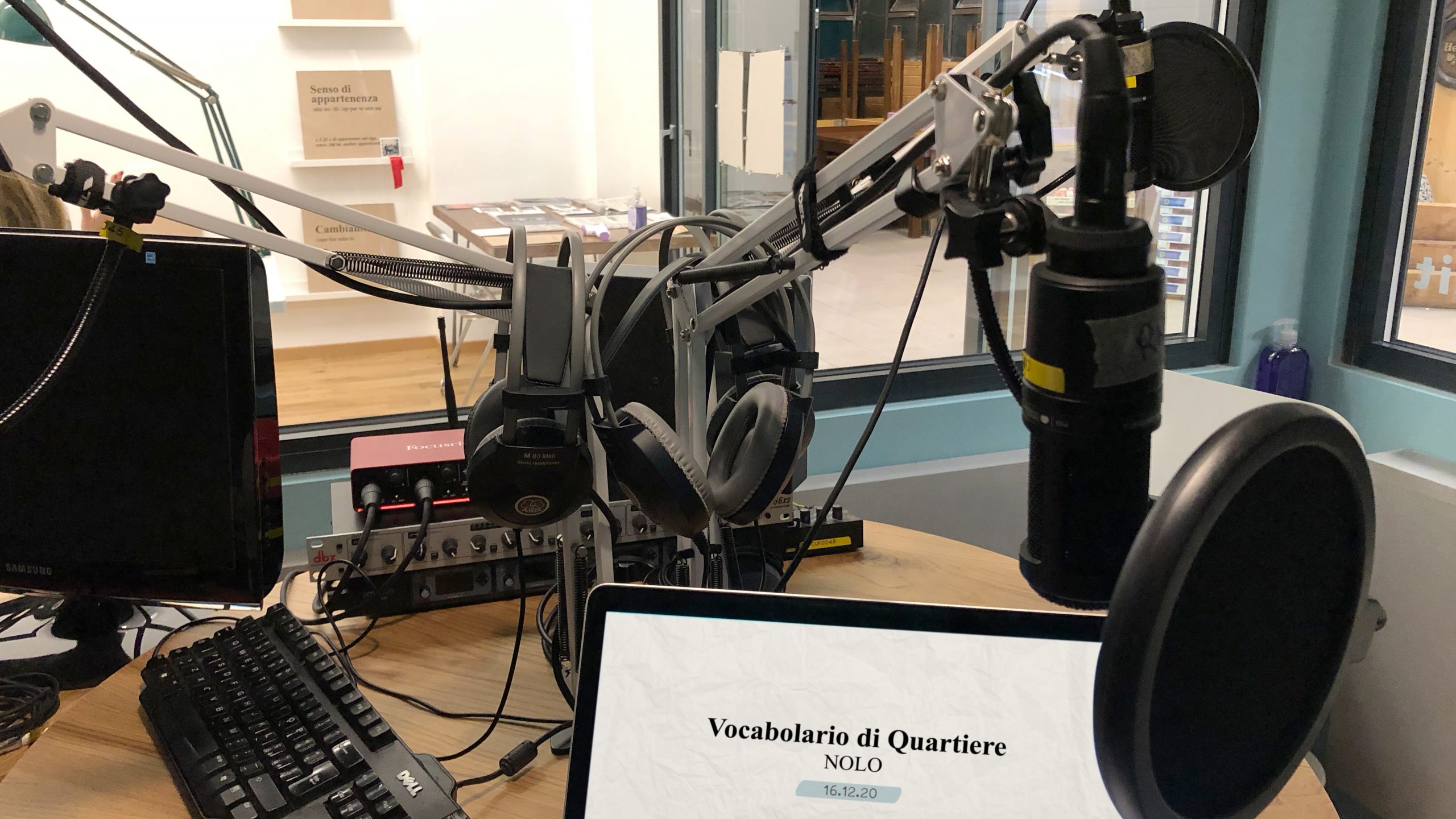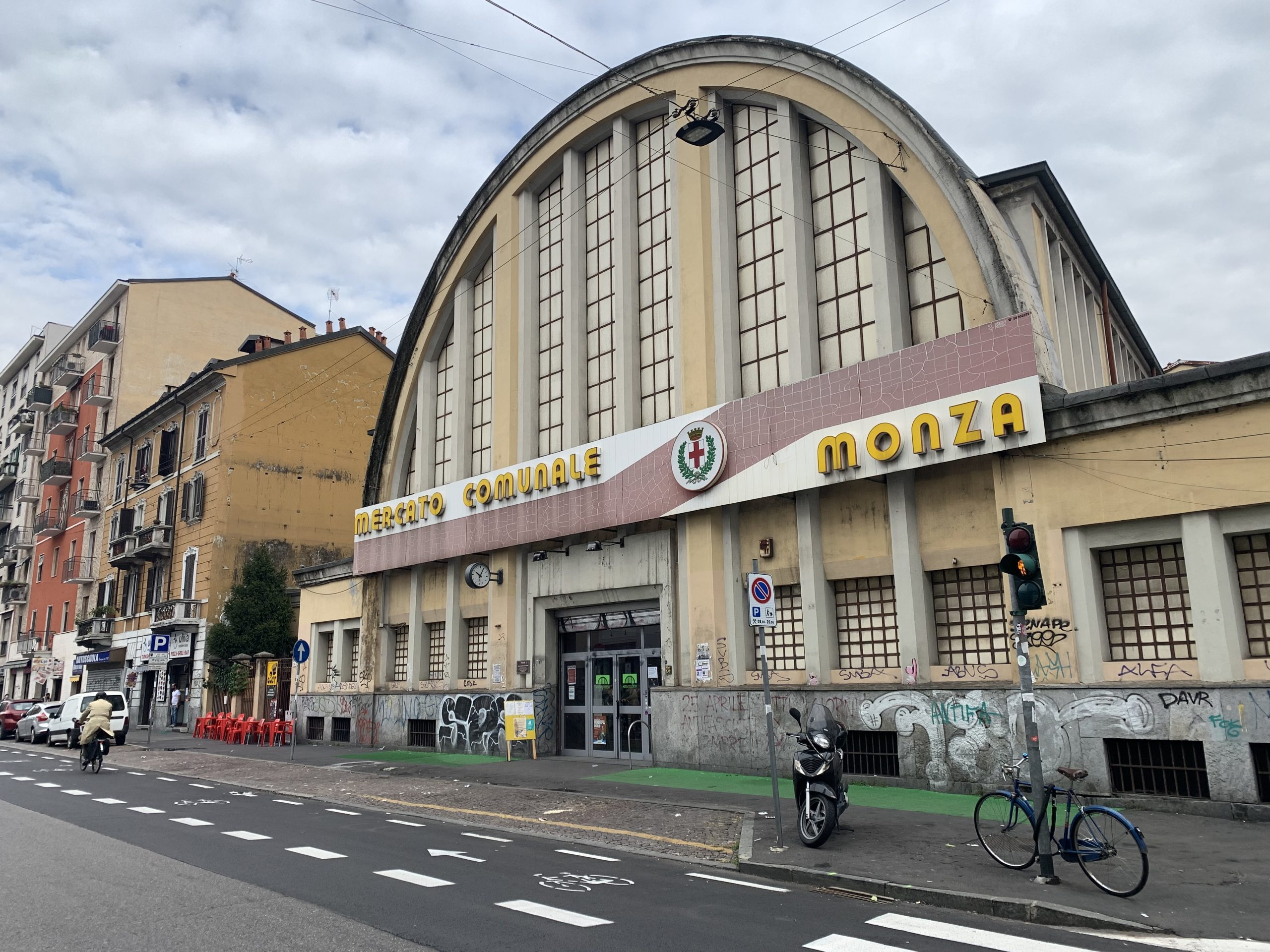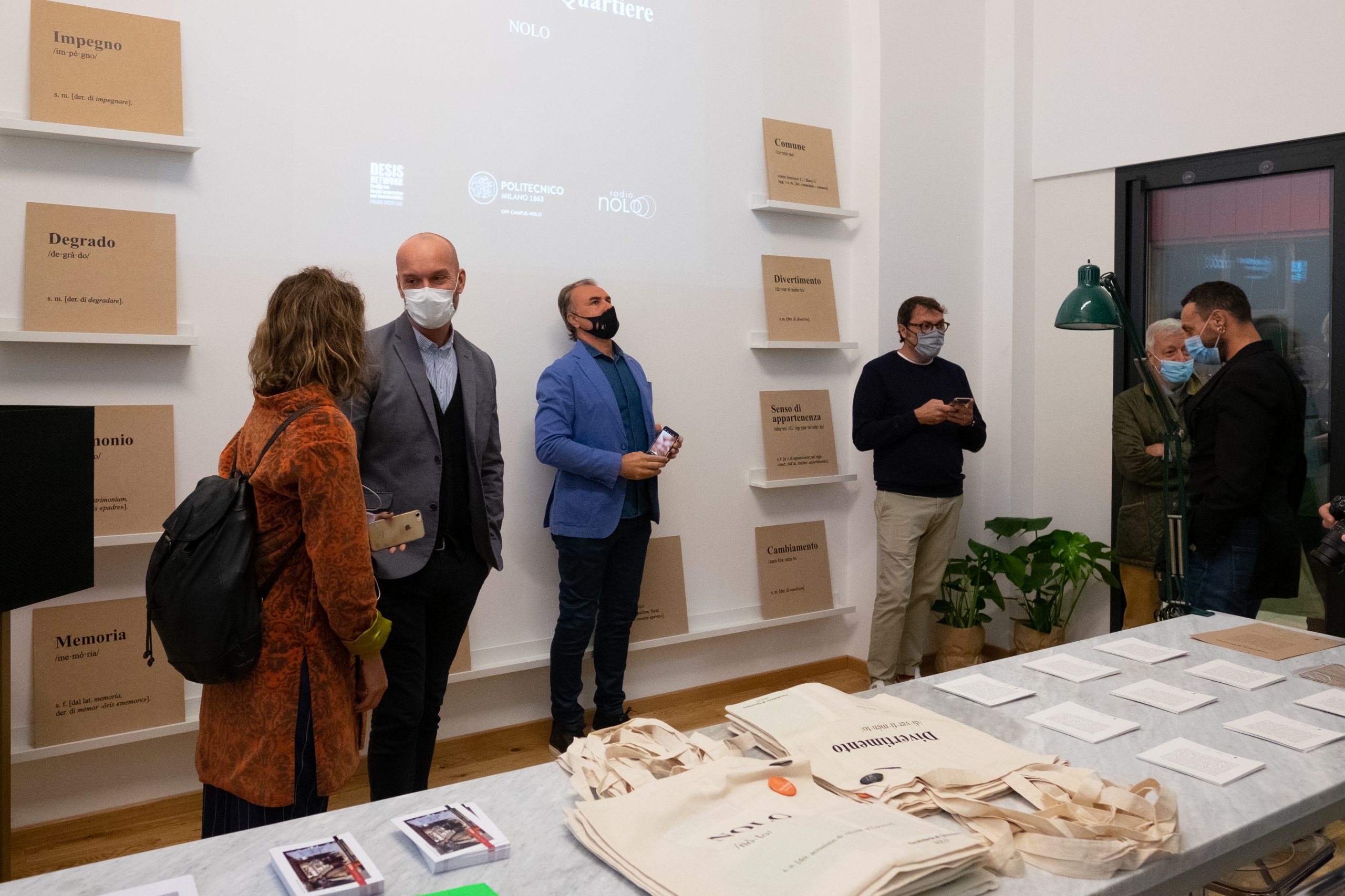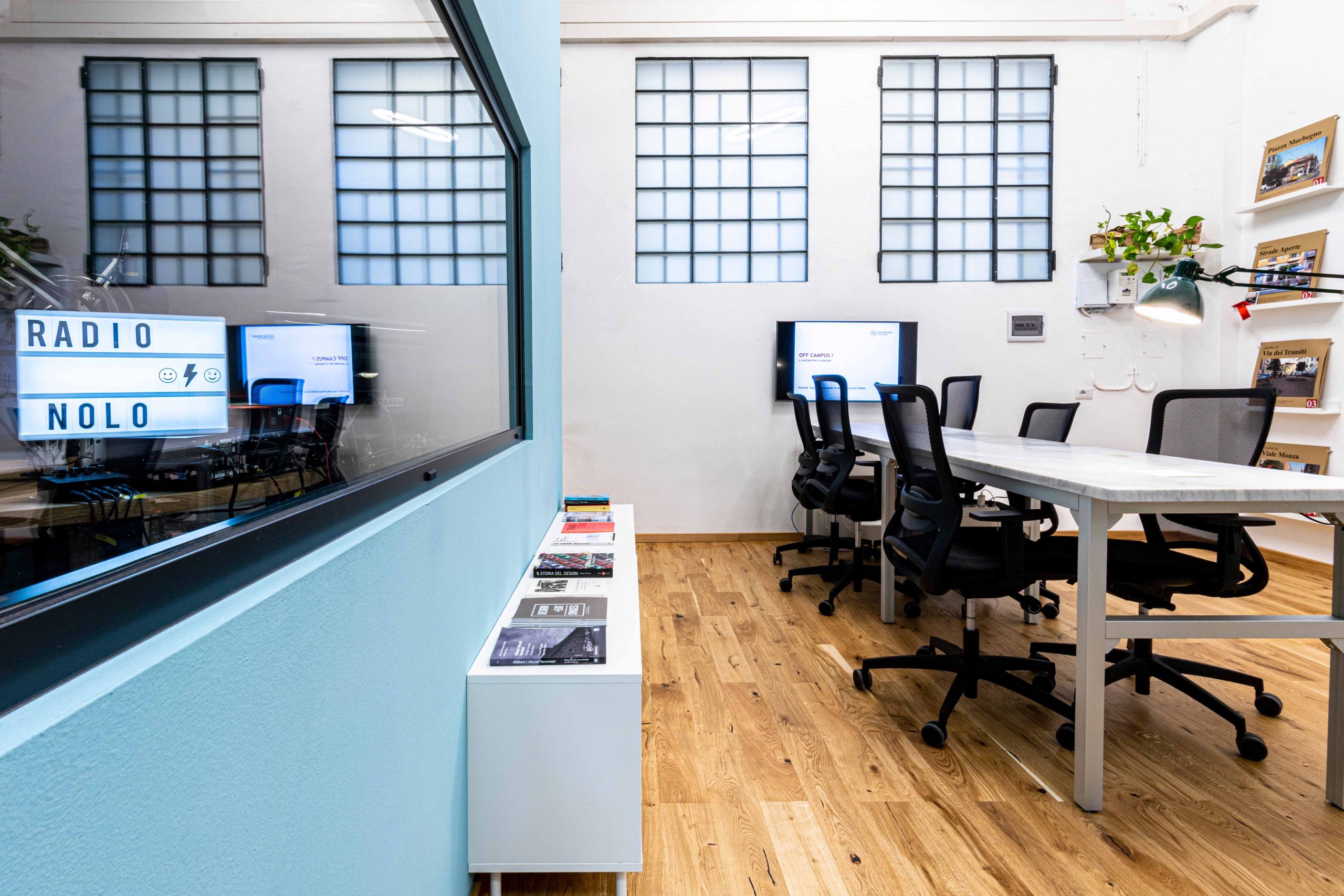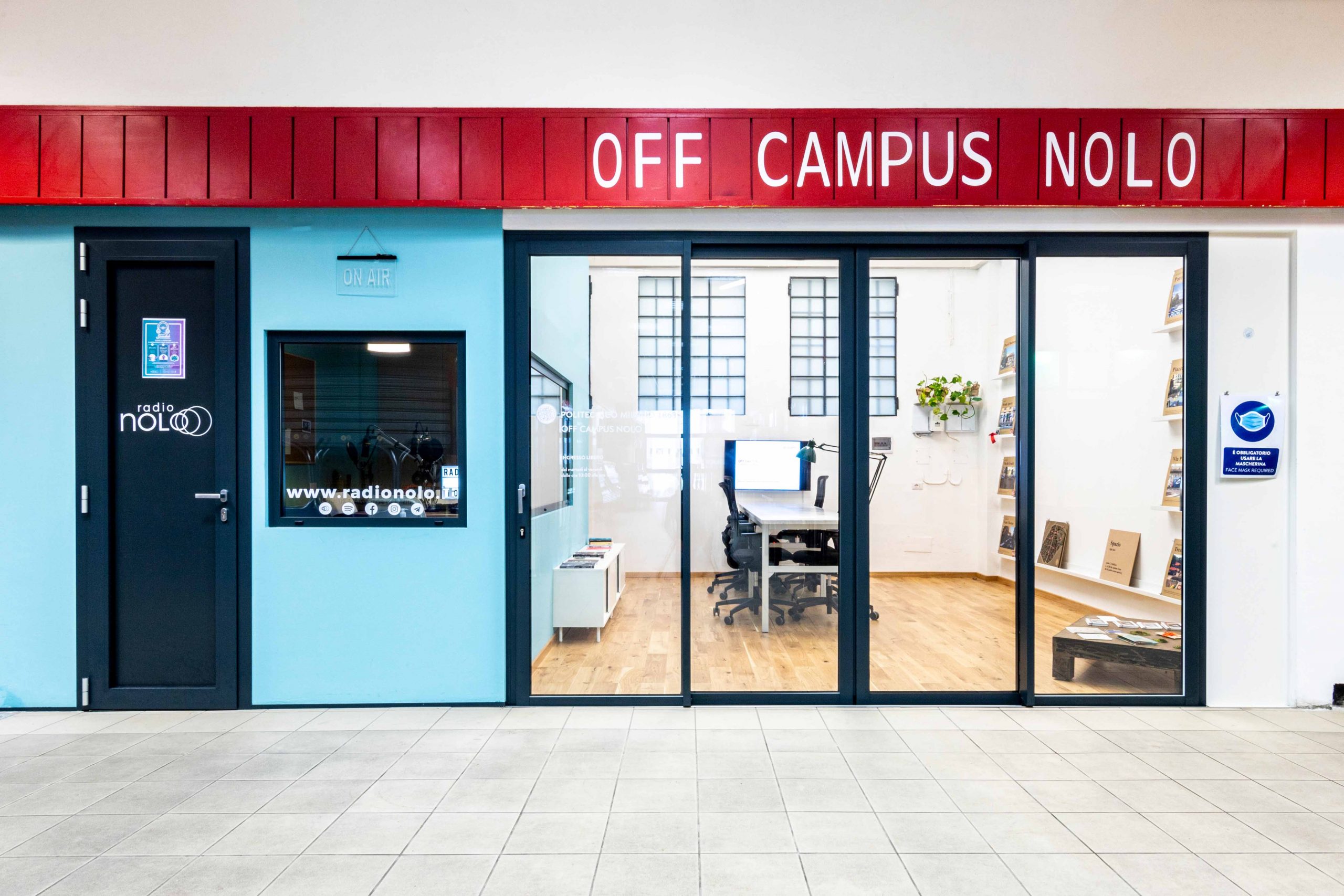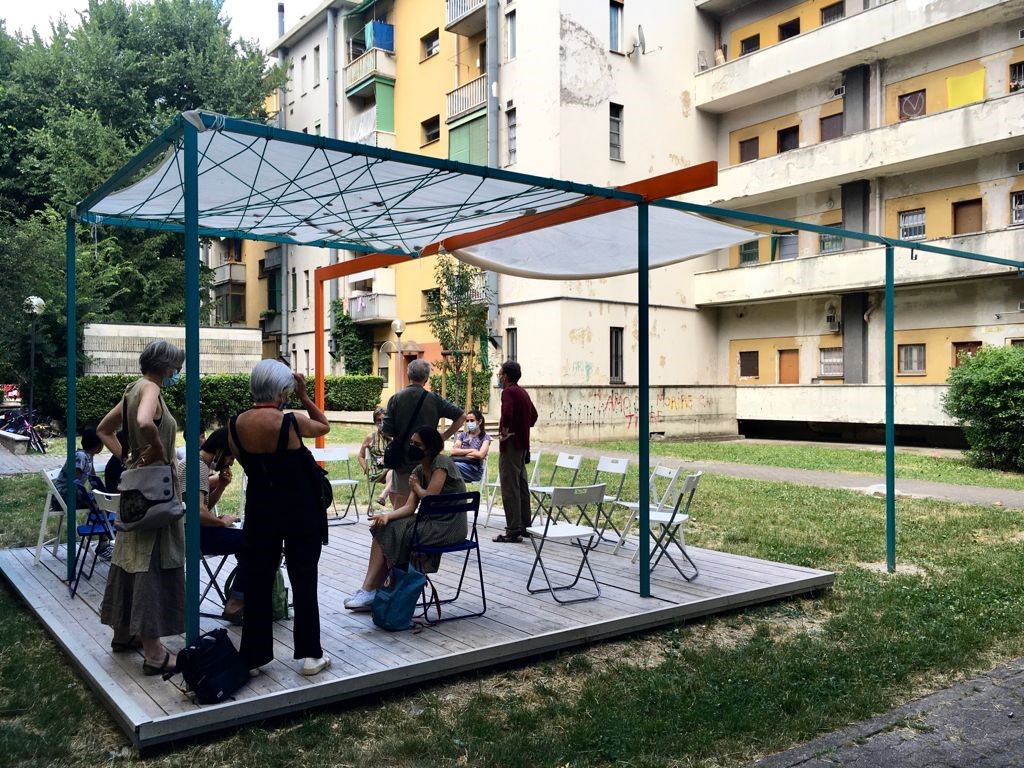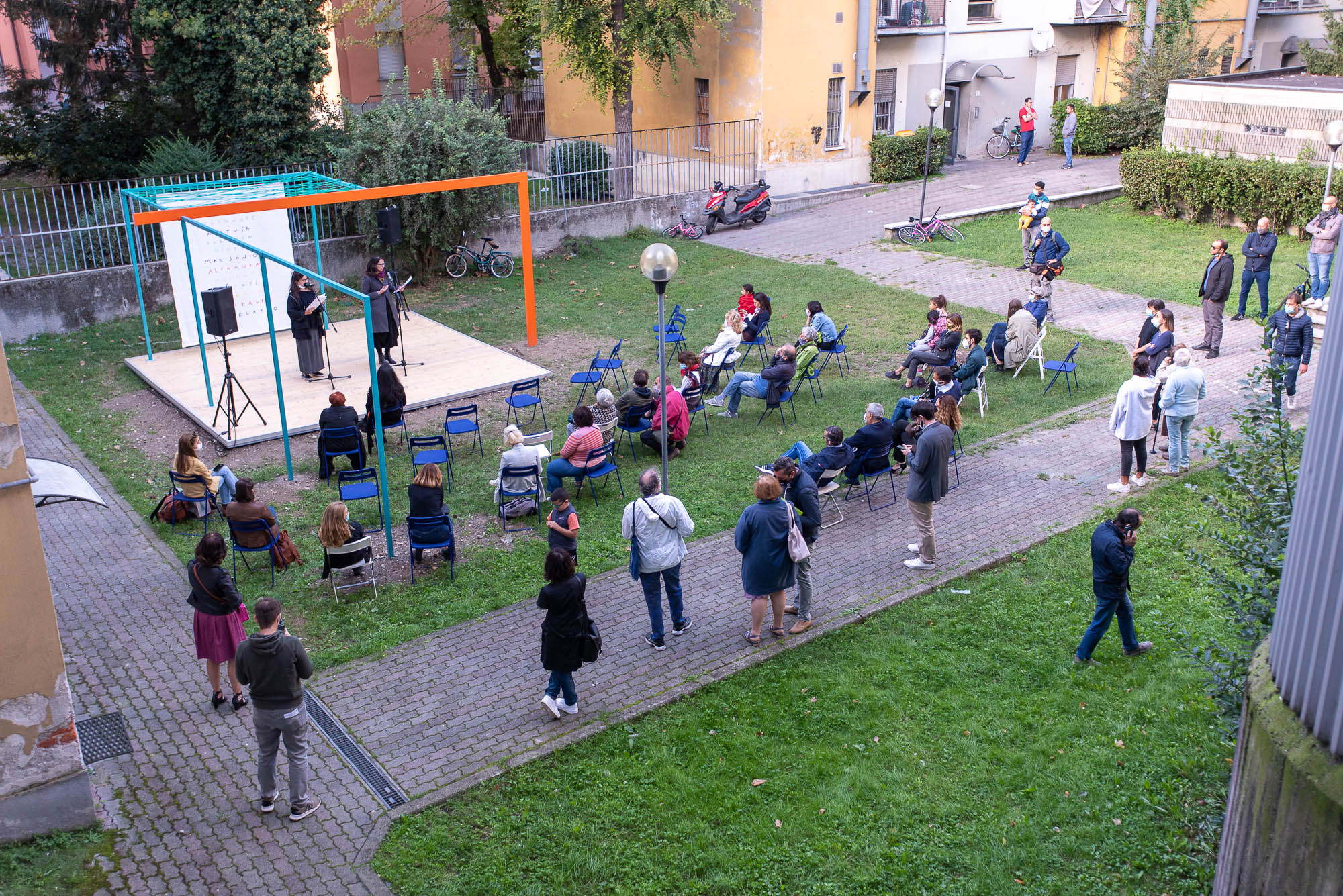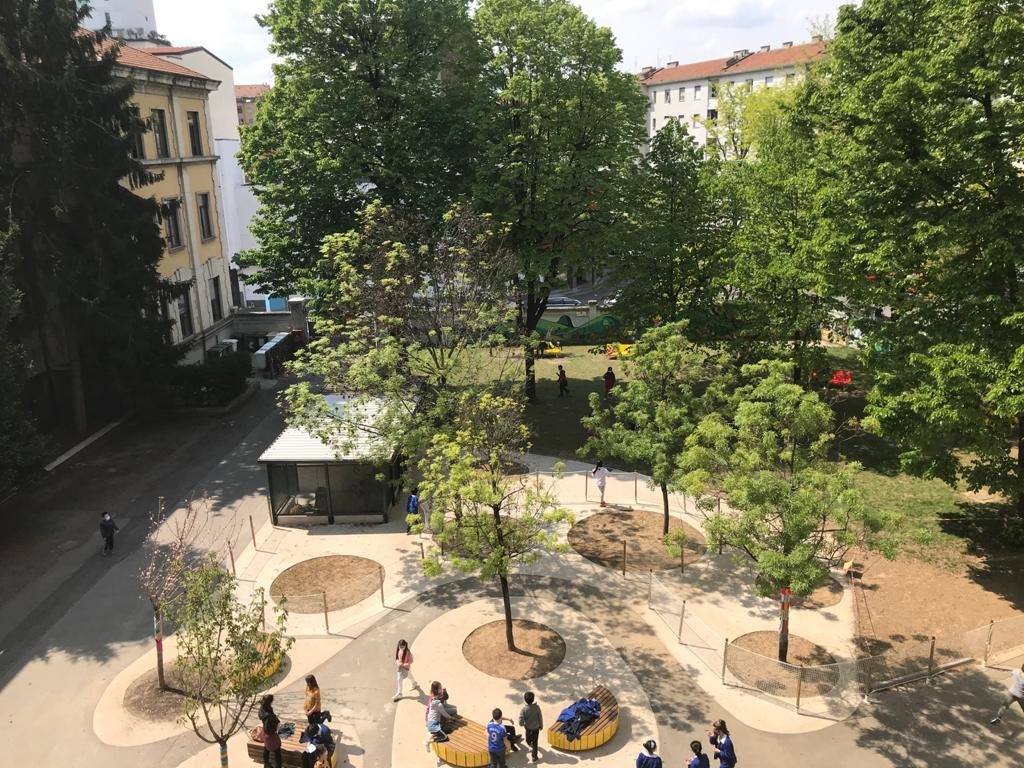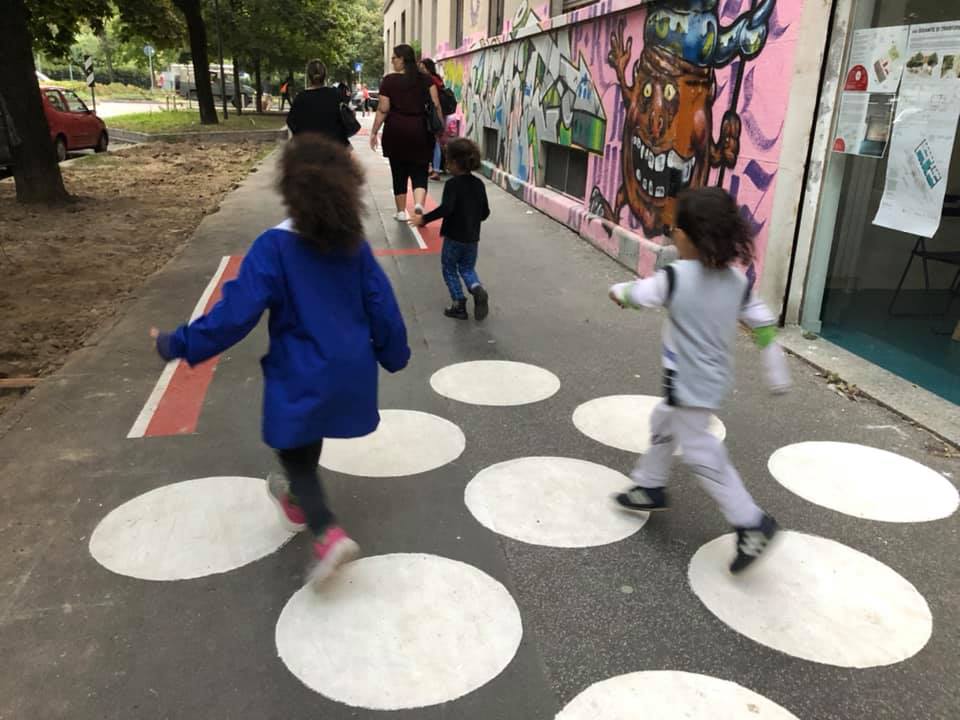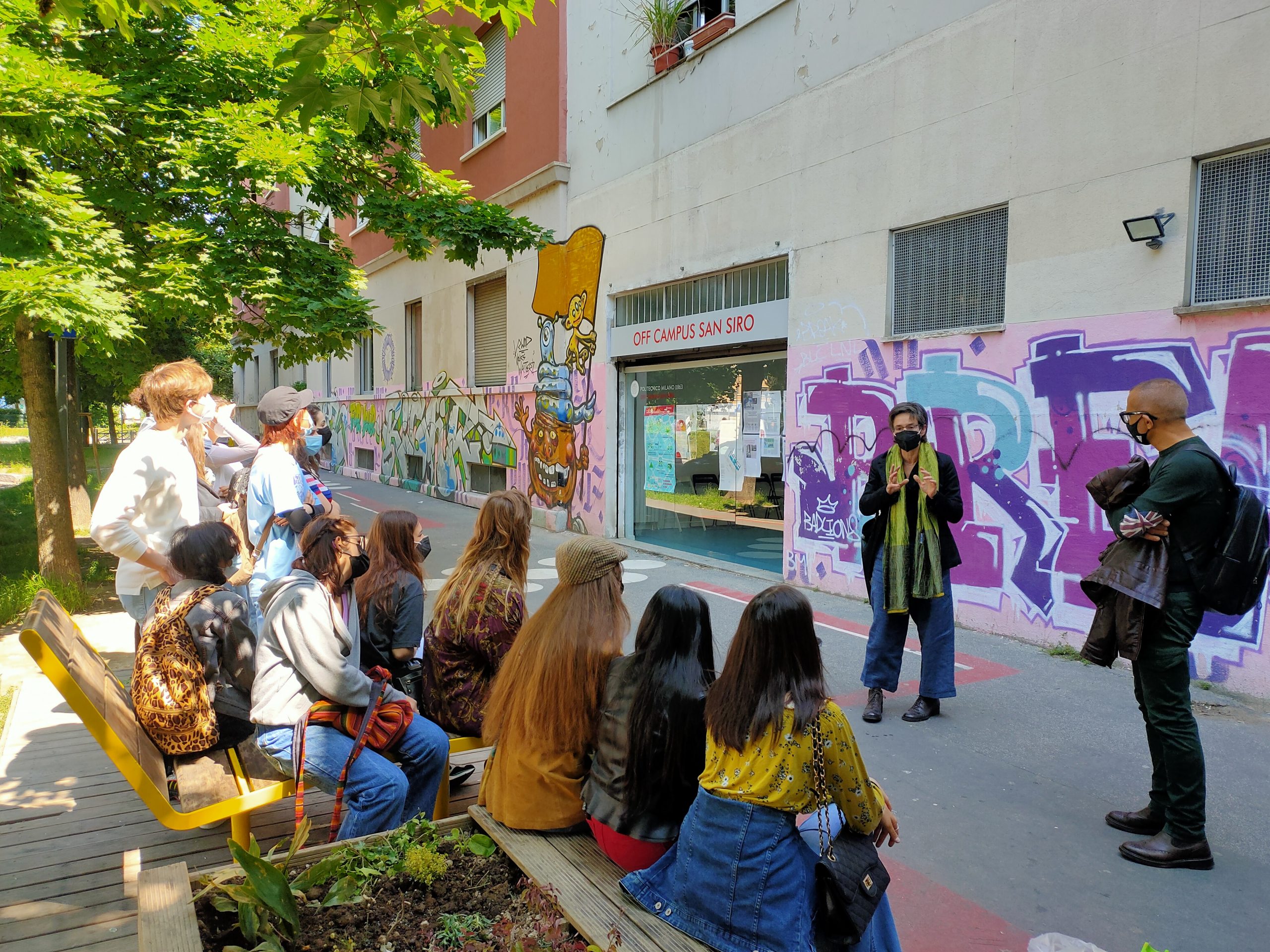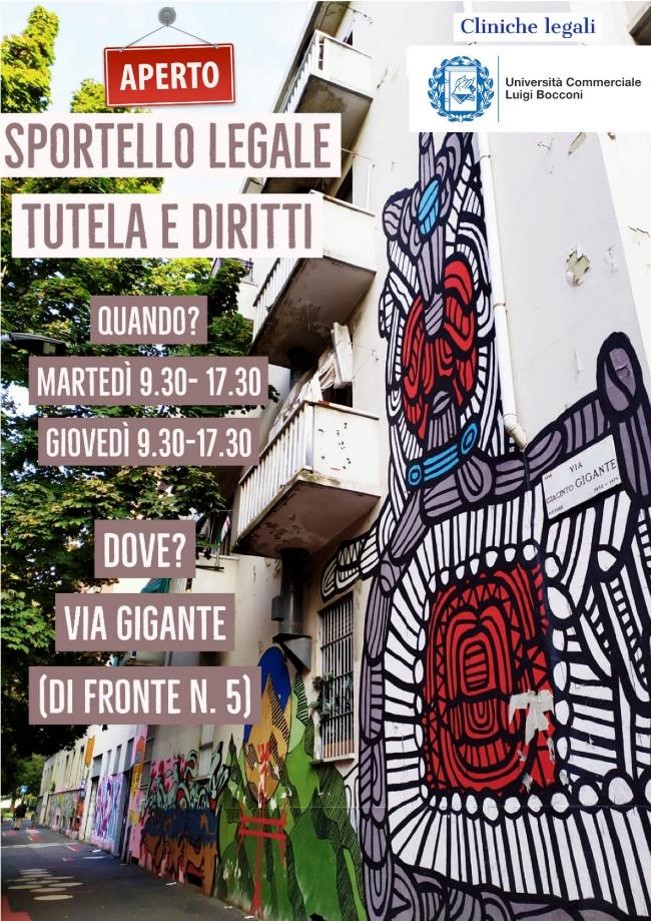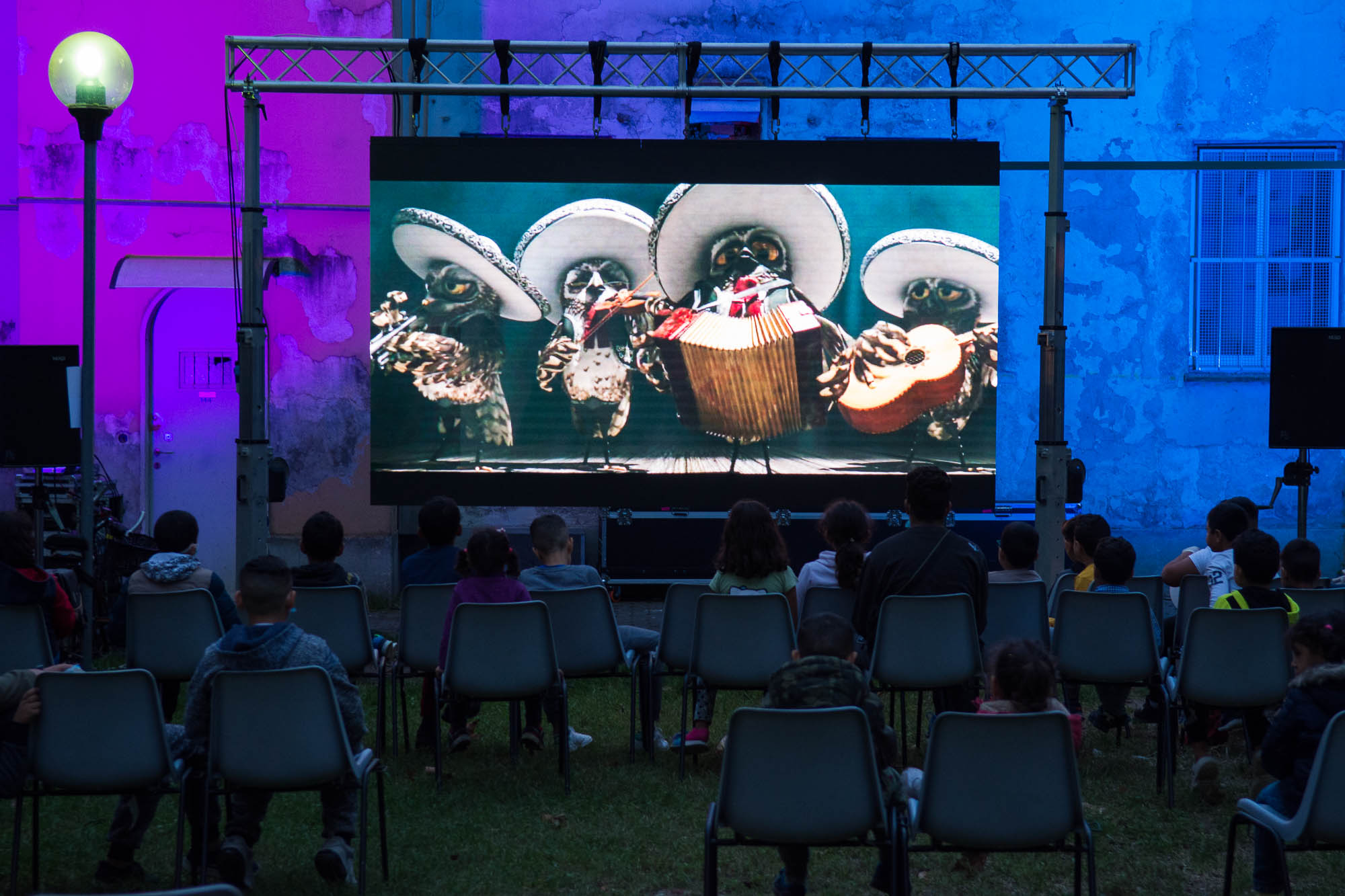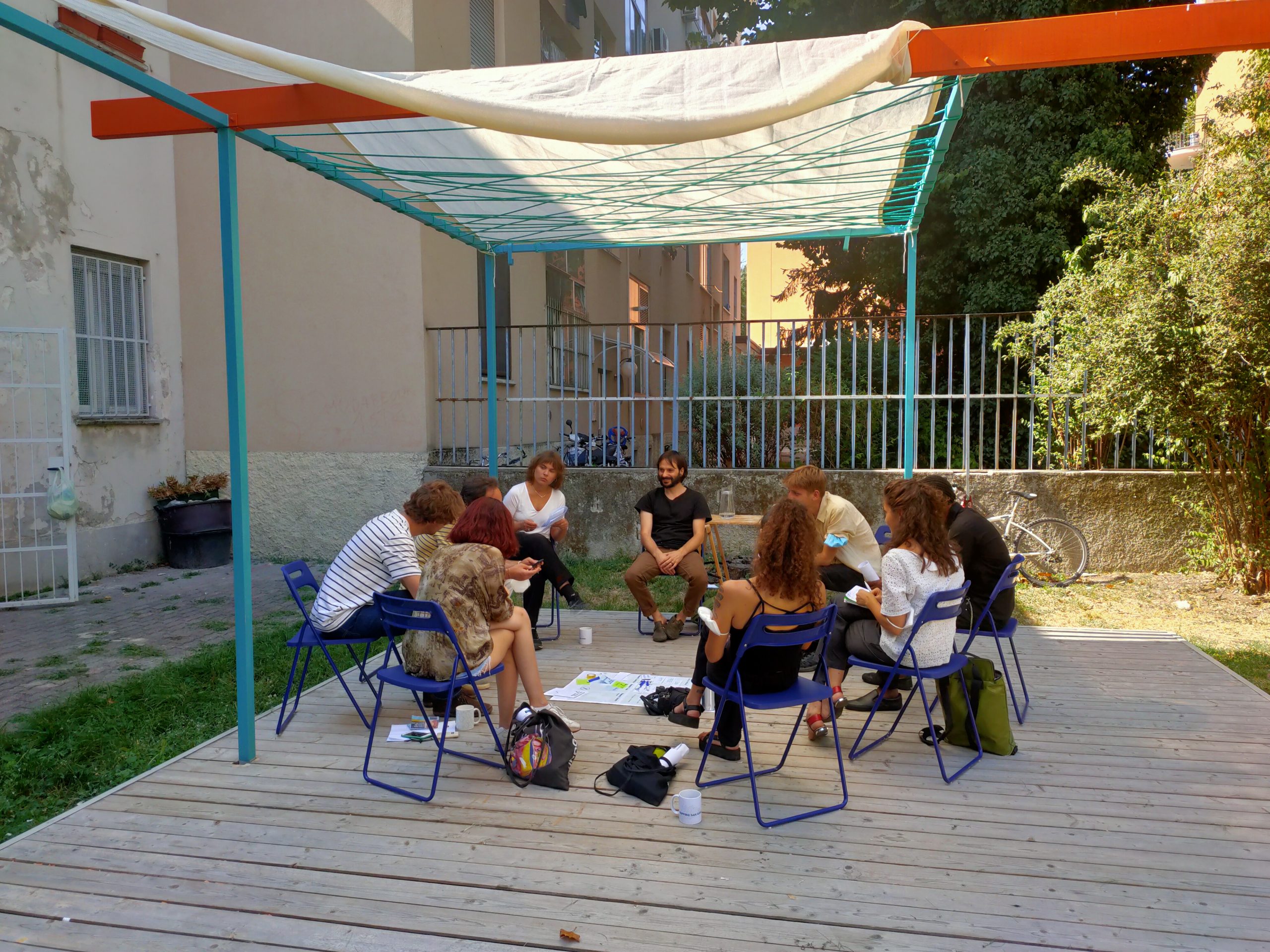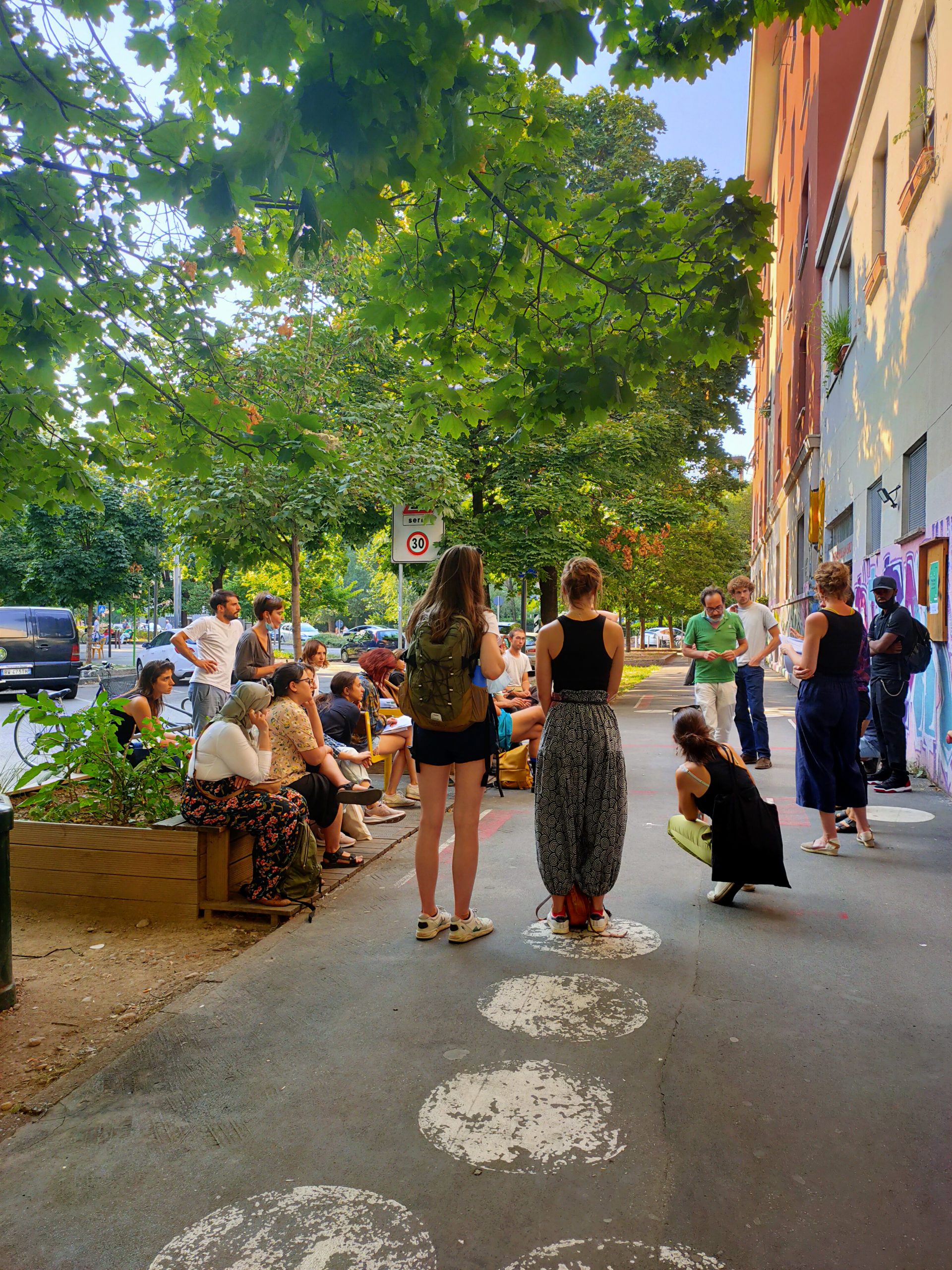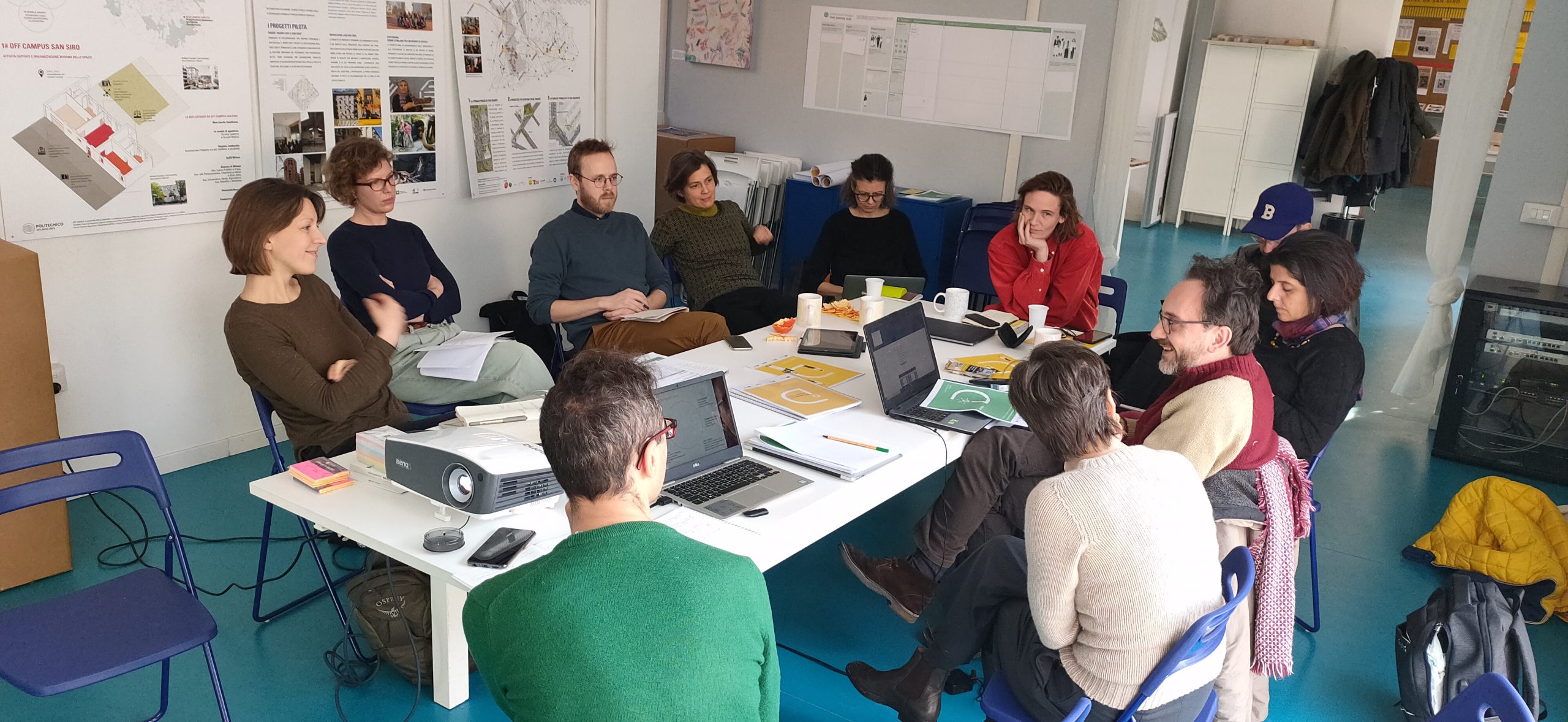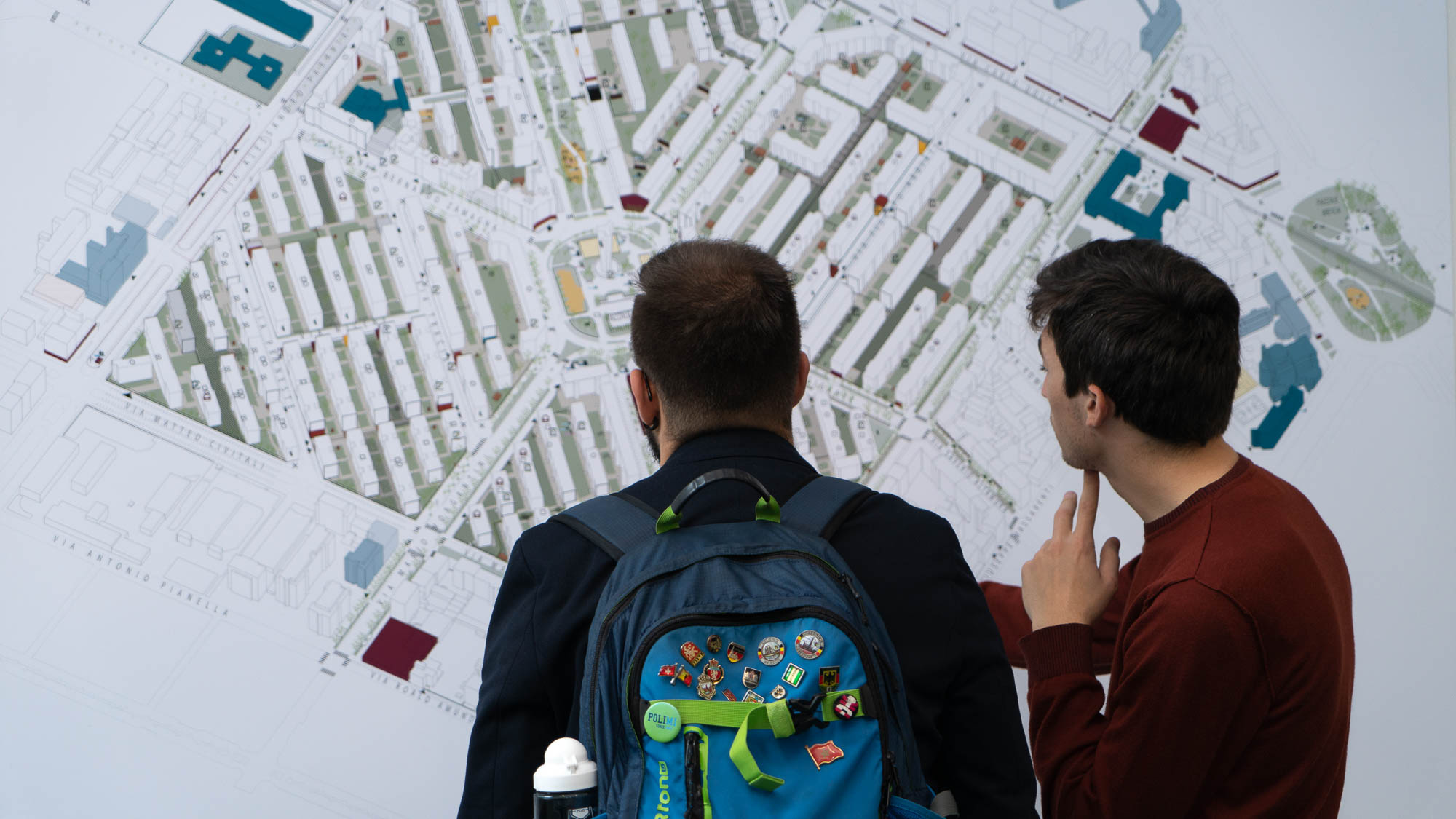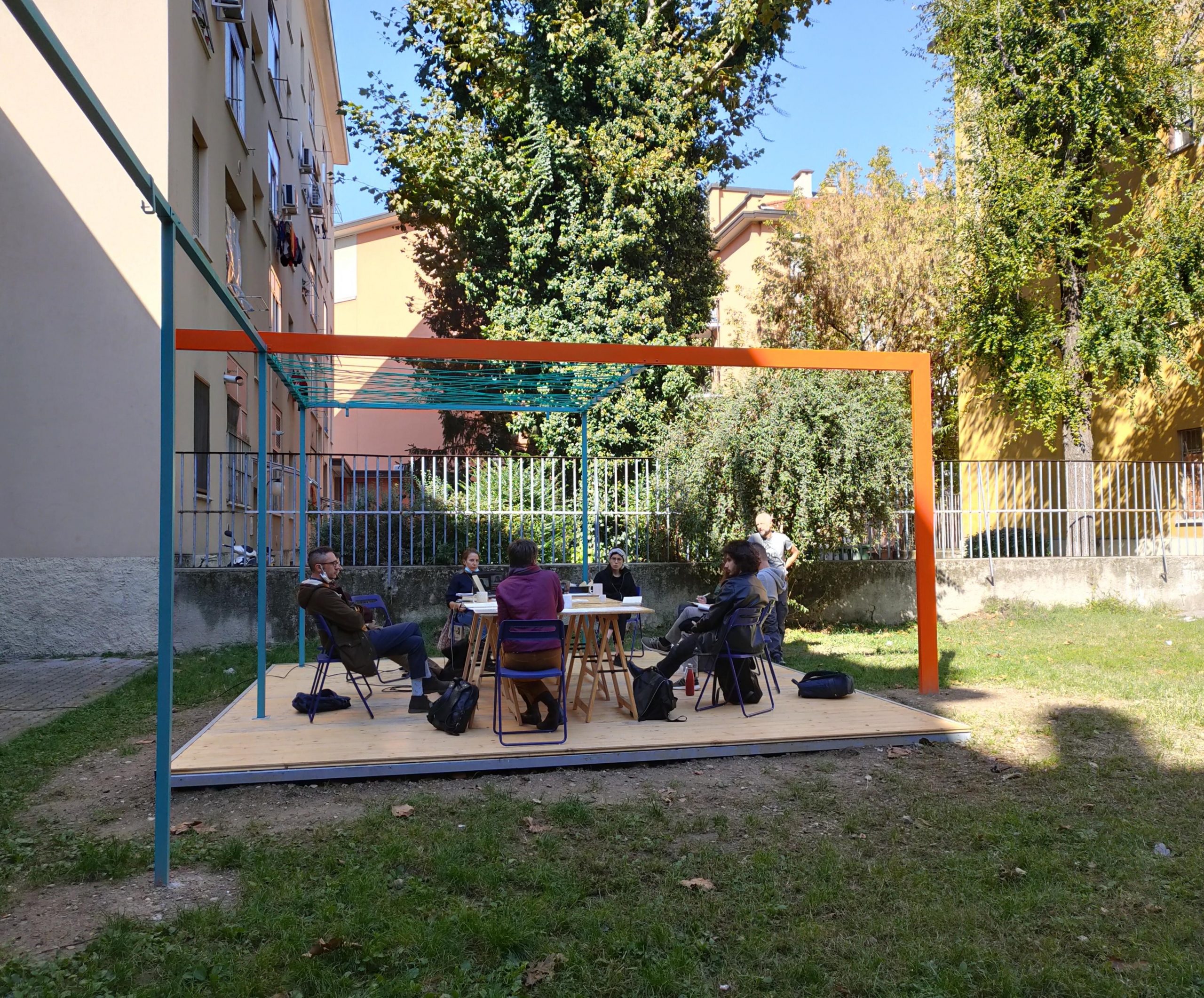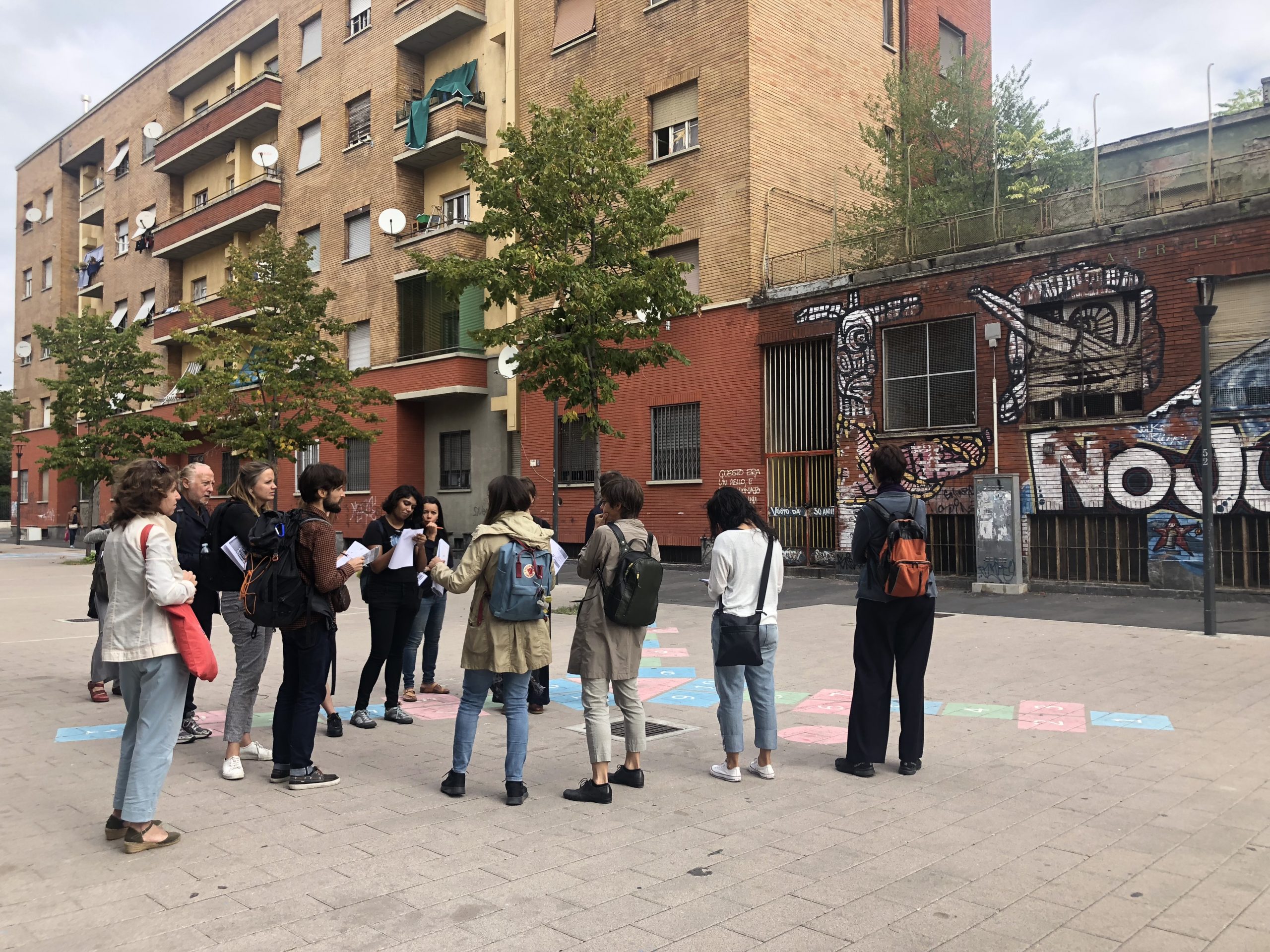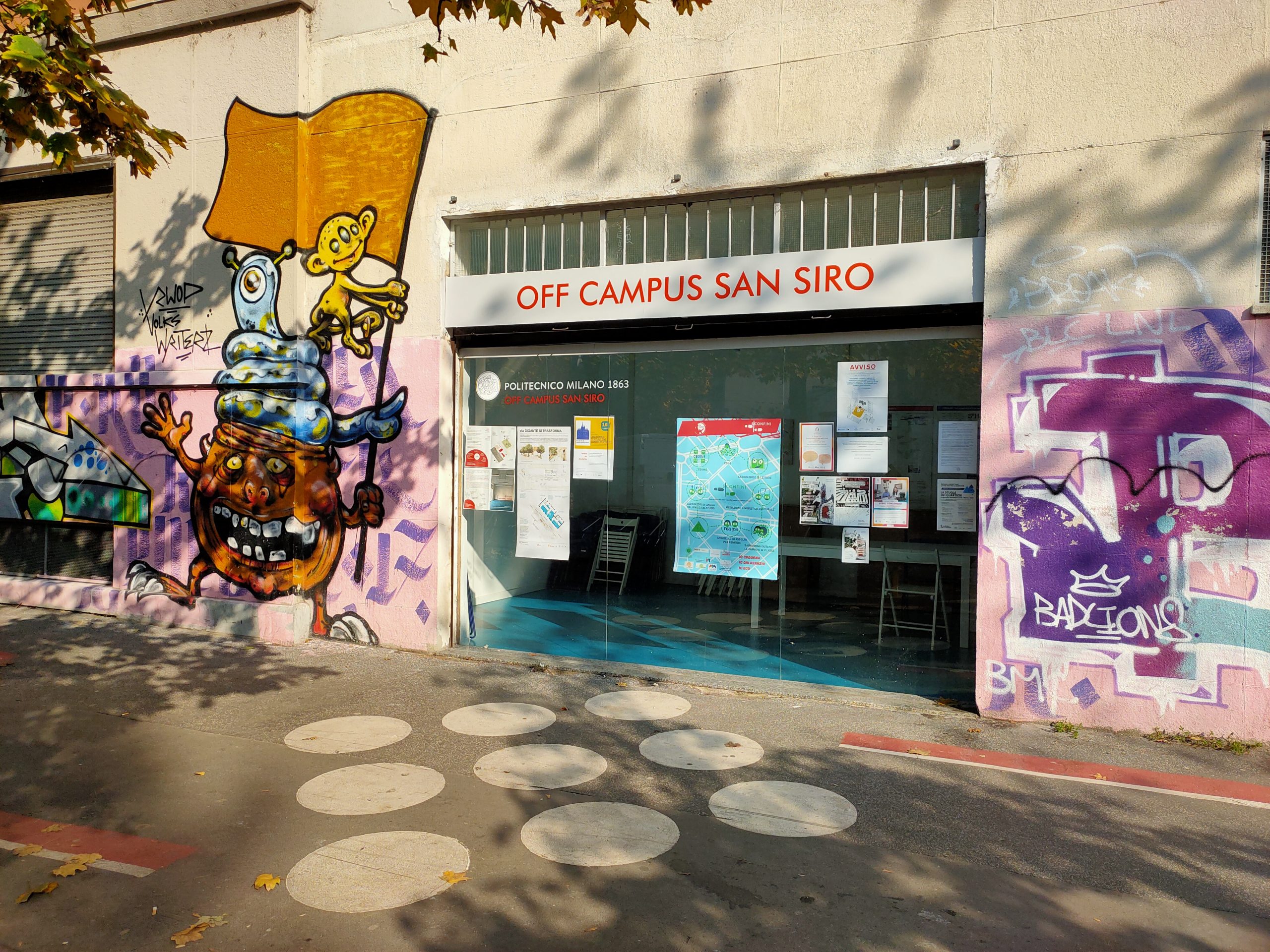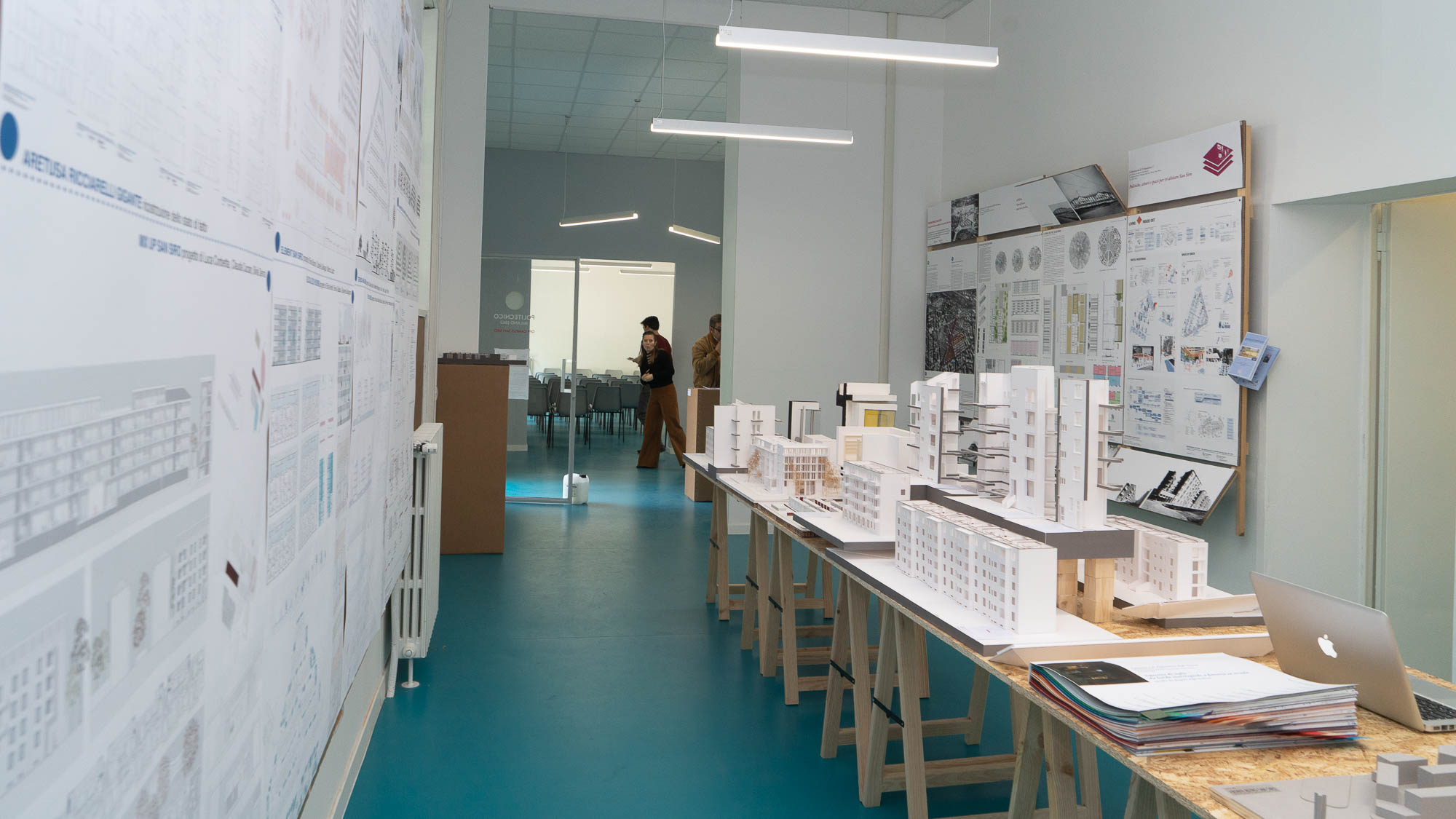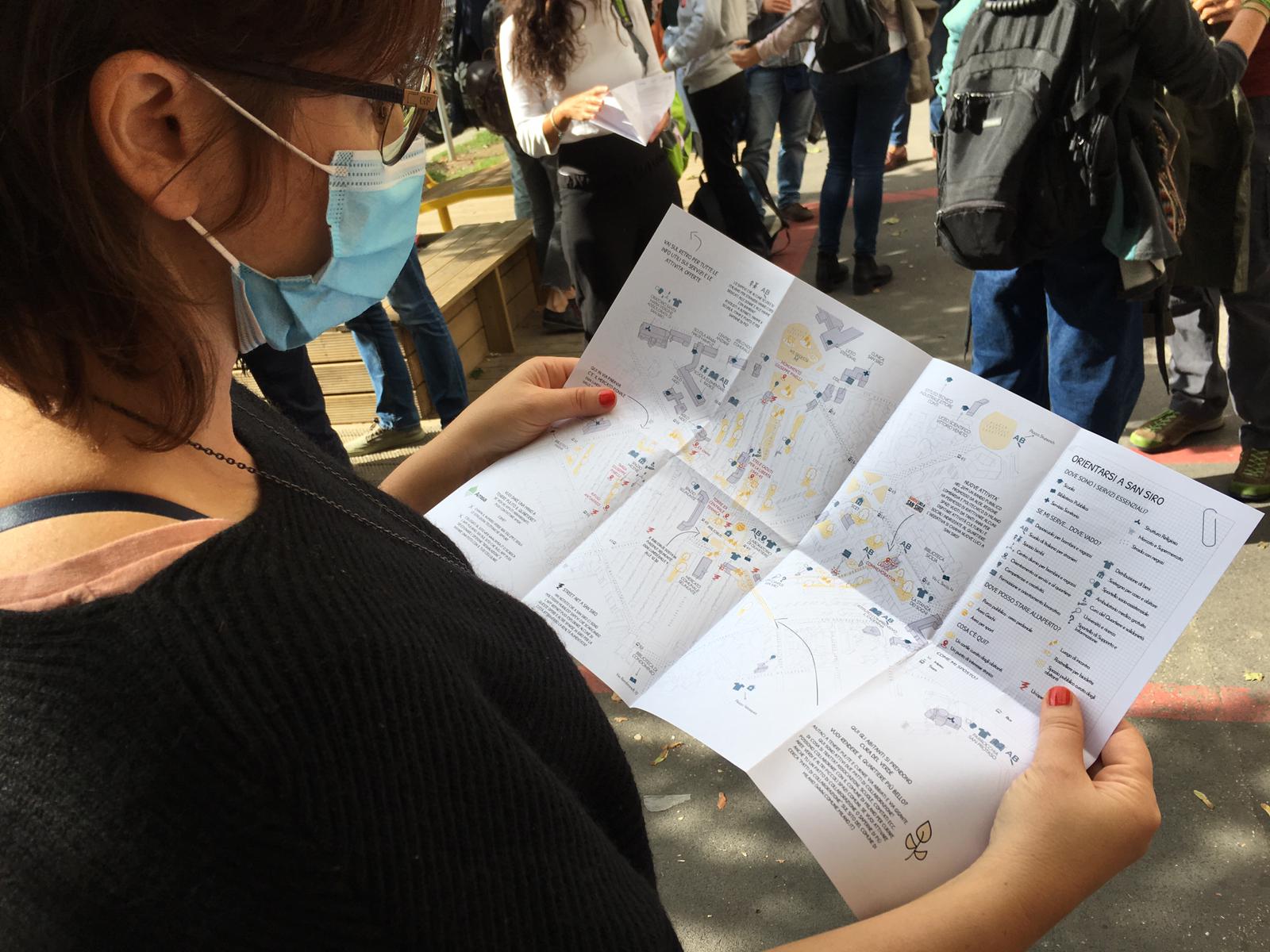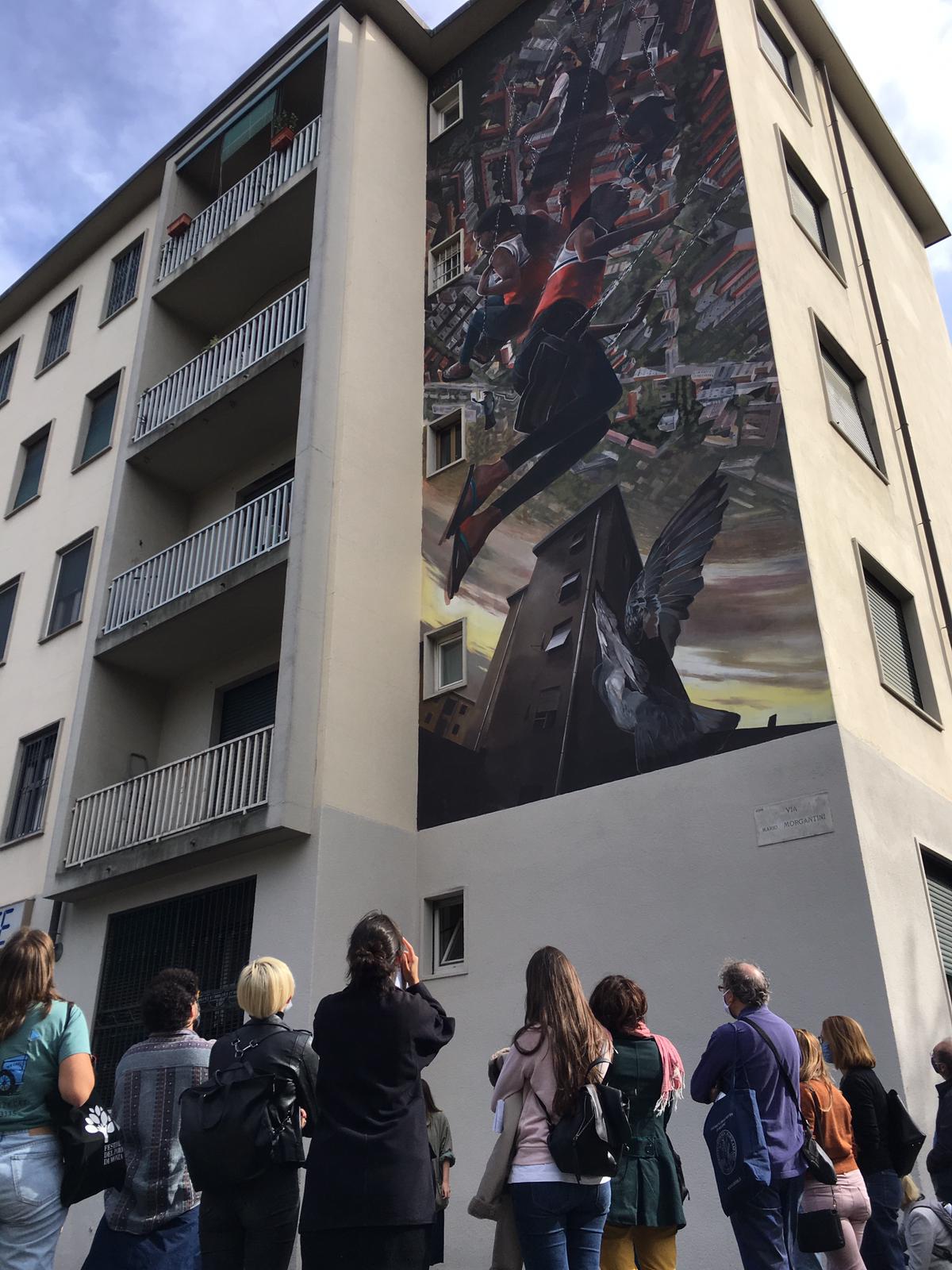OFF CAMPUS. A Workfield for Peripheries
Keywords: Engaged University, Inclusive Knowledge, Social Responsibility and Sustainability
Referent: Francesca Cognetti, Rector’s Delegate for Civic engagement and social responsibility
Social Responsibility Projects Unit – Public Engagement & Communication Area – Politecnico di Milano Departments and research lab leading the initiative: Mapping San Siro – Dep. Architecture and Urban Studies (Off Campus San Siro); PoliMi DesisLab – Dep. Design (Off Campus Nolo)
E-mail (referent): francesca.cognetti@polimi.it
OFF CAMPUS consists in physical ‘hubs’ of the Polytechnic throughout the city of Milan. Its purpose is to make the university more inclusive, engaged and closer to citizens. OFF CAMPUS is the result of smart reuse of neglected spaces at the heart of deprived neighborhoods. Responsible research, engaged learning and co-designing with local communities is its threefold mission. OFF CAMPUS is an initiative launched in 2018 by Politecnico di Milano through “Polisocial” (the university’s social responsibility program), with the aim of strengthening its presence inside the city of Milan and pursuing a tighter university-society-community relationship, towards more responsibility, openness and shared awareness of societal and environmental challenges. OFF CAMPUS (O.C.) consists of university living labs created through the reuse, re-design and enhancement of neglected spaces. Currently two labs have been activated in the San Siro and Nolo neighborhoods, in an abandoned retail premise and in an historical indoor market, respectively (both public properties). The two districts have some common characters but also some differences: while San Siro is a deprived and multicultural area, Nolo faces gentrification but still bears an interesting social balance and mixed functions.
OFF CAMPUS involves teachers, researchers, students, surrounding communities and local actors within a diverse set of activities, organized around the following pillars:
– engaged and innovative teaching, focused on field experience, the development of soft skills and awareness about social questions;
– responsible, society-oriented research, based on inclusive knowledge production processes;
– co-designing with local stakeholders and citizens, in order to produce positive impacts on the community through concrete action;
– public service and support to the community, especially in its most vulnerable parts;
– cultural agendas open to a local public.
The set of issues includes public housing, cohabitation, urban regeneration, cultural poverty, social vulnerability, livability and sustainability of neighborhoods. Off Campus tackles them through a place-based approach and material actions aimed at a real transformation of these areas. Meeting social needs and challenges through shared and constructive paths will increase the social impact of knowledge.
OFF CAMPUS – NOLO
Off Campus Nolo
Off Campus Nolo has been activated in Nolo neighborhood in 2020 and it is located in an historical indoor market in Viale Monza 54, Milan.
Spesa Sospesa
“Spesa Sospesa a Nolo” is a solidarity initiative in support of the neighbourhood’s inhabitants, conceived during the first lockdown following the Covid-19 pandemic. Created within the “Nolo Social District”, the neighbourhood’s social street, since October 2020 it has been managed by OFF CAMPUS Nolo where 20 items of shopping are distributed weekly to vulnerable people thanks to donations from citizens. As well as calling for greater attention to be paid to the economically disadvantaged groups affected by temporary unemployment situations aggravated by the pandemic, the initiative also supports the economy of small neighbourhood shops by purchasing their products.
“Spesa Sospesa a Nolo” is an initiative for people in temporary economic difficulty, run in cooperation with voluntary citizens who contribute every week, in a spirit of help, to its success. To date, the volunteers take care of all the components of the service: from managing the contacts of the receiving families to preparing and distributing the expenses on Friday afternoons. The collaborative spirit of the neighbourhood and its inhabitants goes beyond the management of the initiative, helping the OFF CAMPUS Nolo community also in the promotion of the initiative outside the Viale Monza Municipal Market.
“Vocabolario di Quartiere” (The Situated Vocabulary), a participatory design research project
“Vocabolario di Quartiere” is aimed at theco-creation of a situated dictionary of shared meanings; by fostering conversations about the needs and potentials of Nolo, the project exploresnew possible situated design actions triggered and envisioned by the community itself, with a specific focus on those marginalized voices from fragile communities – such as migrants, elderly, women, children – that too often risk to remain unlistened in participatory design processes. The vocabulary comprises 9 keywords (Public Space, Degradation, Common Good, Sense of Belonging, Memory, Change, Fun, Commitment, Nolo) that were chosen with the neighborhood community and represent key experienced topics for inhabitants. The idea is that the Vocabulary starts asa physical prompt and then becomes a platform, in which to dis-articulate and re-articulate points of view, illuminating similarities and revealing divergences in what the inhabitants think and hope about the past, present and future of their own neighborhood. The diverse voices are collectedthrough tailor-made workshops, co-design sessions and neighborhood events, and through individual interviews with inhabitants, activists, expertsand practitioners. The project is disseminated in the neighborhood through a radio podcast (“In Poche Parole” – “In little words”) managed by OffCampus NoLo and Radio Nolo, the neighborhood community web radio.
OFF CAMPUS – SAN SIRO
| Funding: The Off Campus initiative is directly supported by Politecnico di Milano, and sees the collaboration of public entities, local actors and local communities. |
| Implementation: Year: since 2018 – on going |
